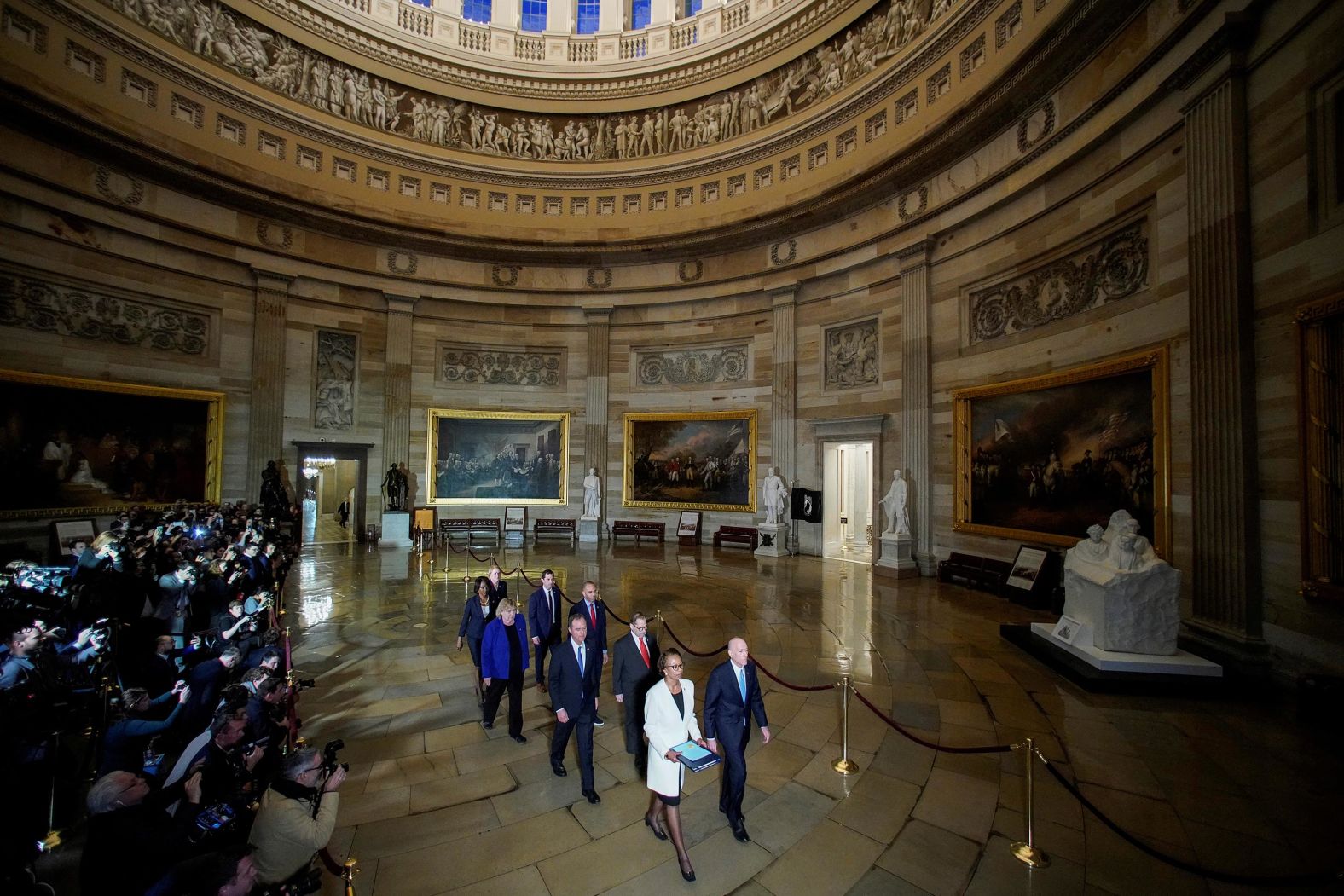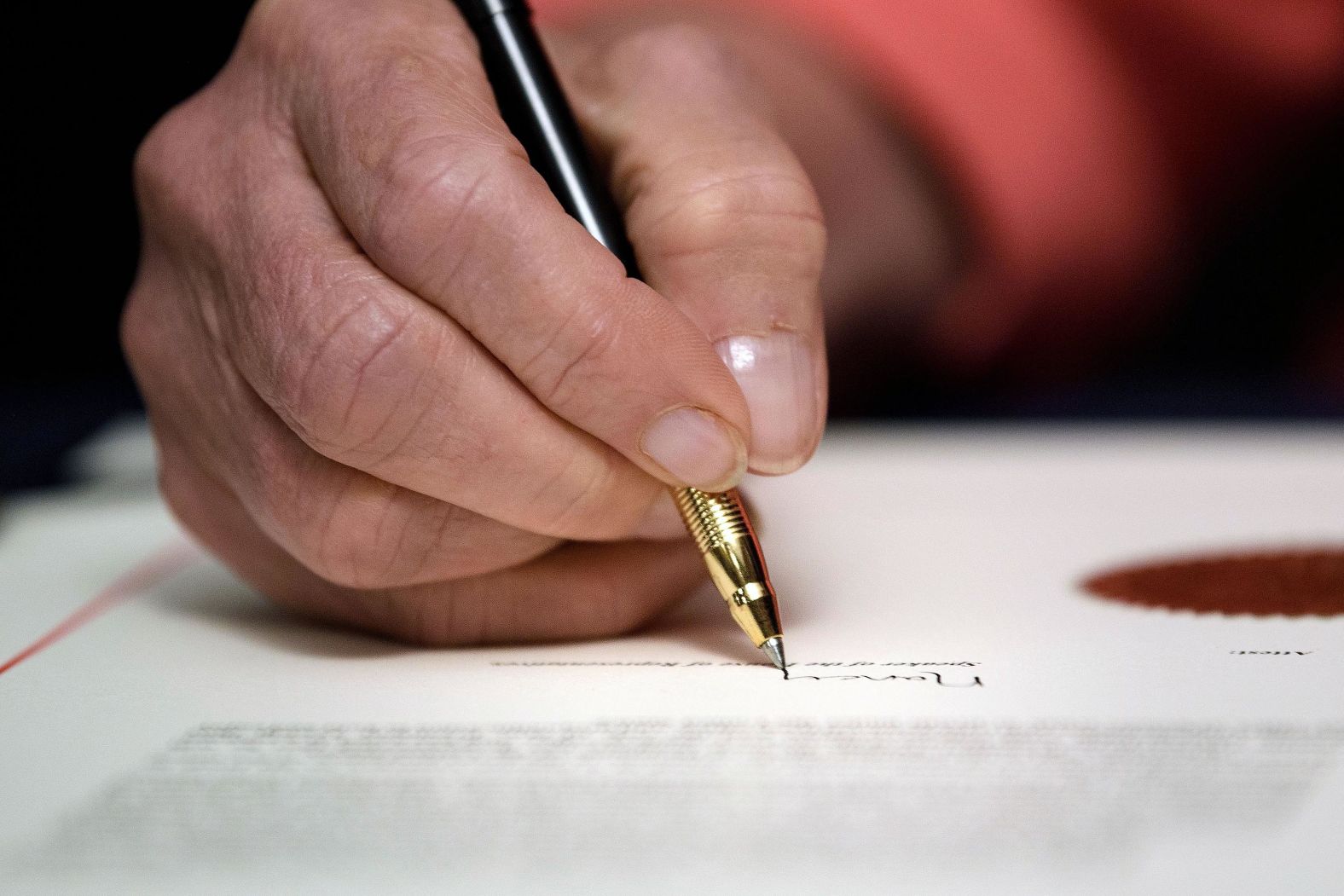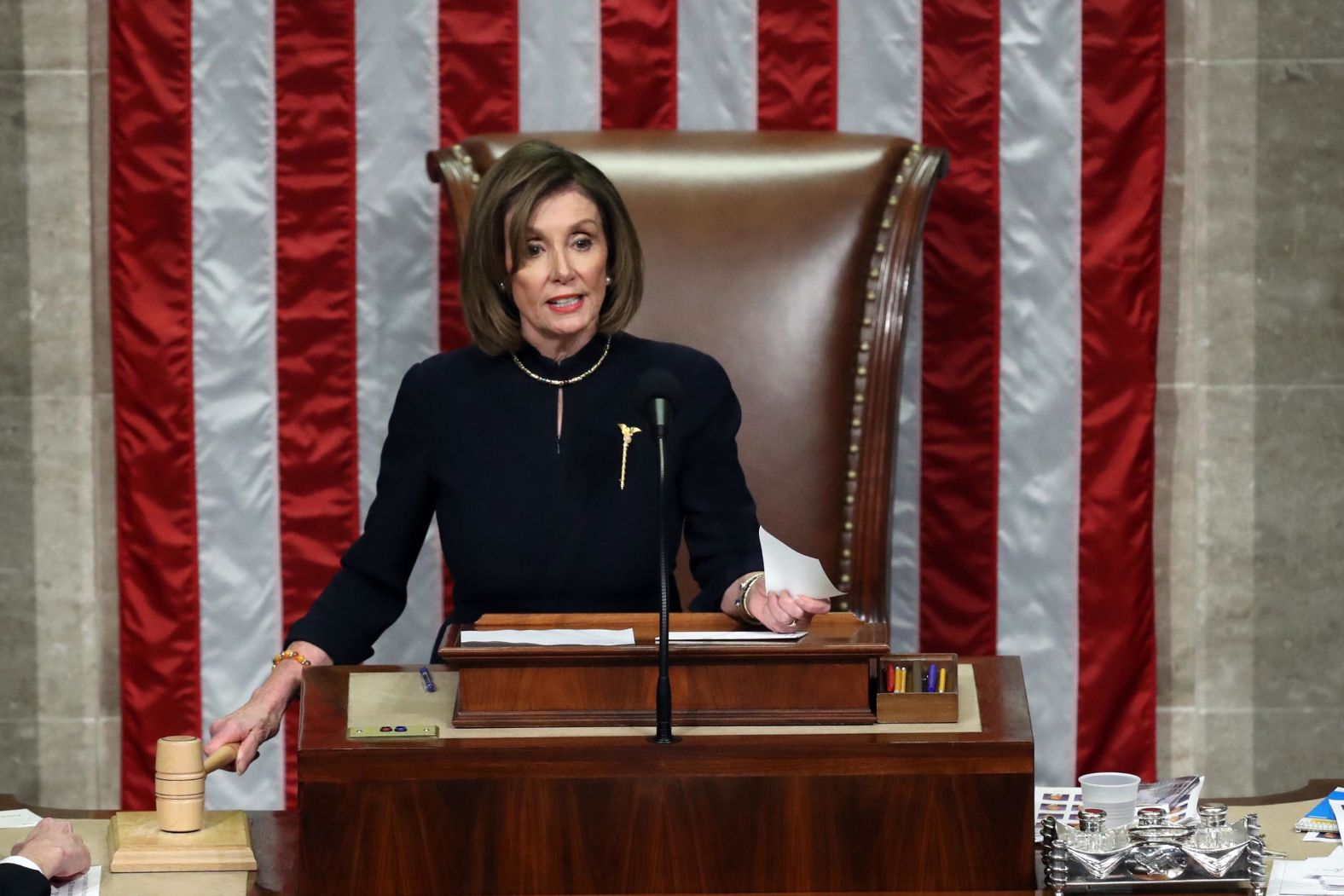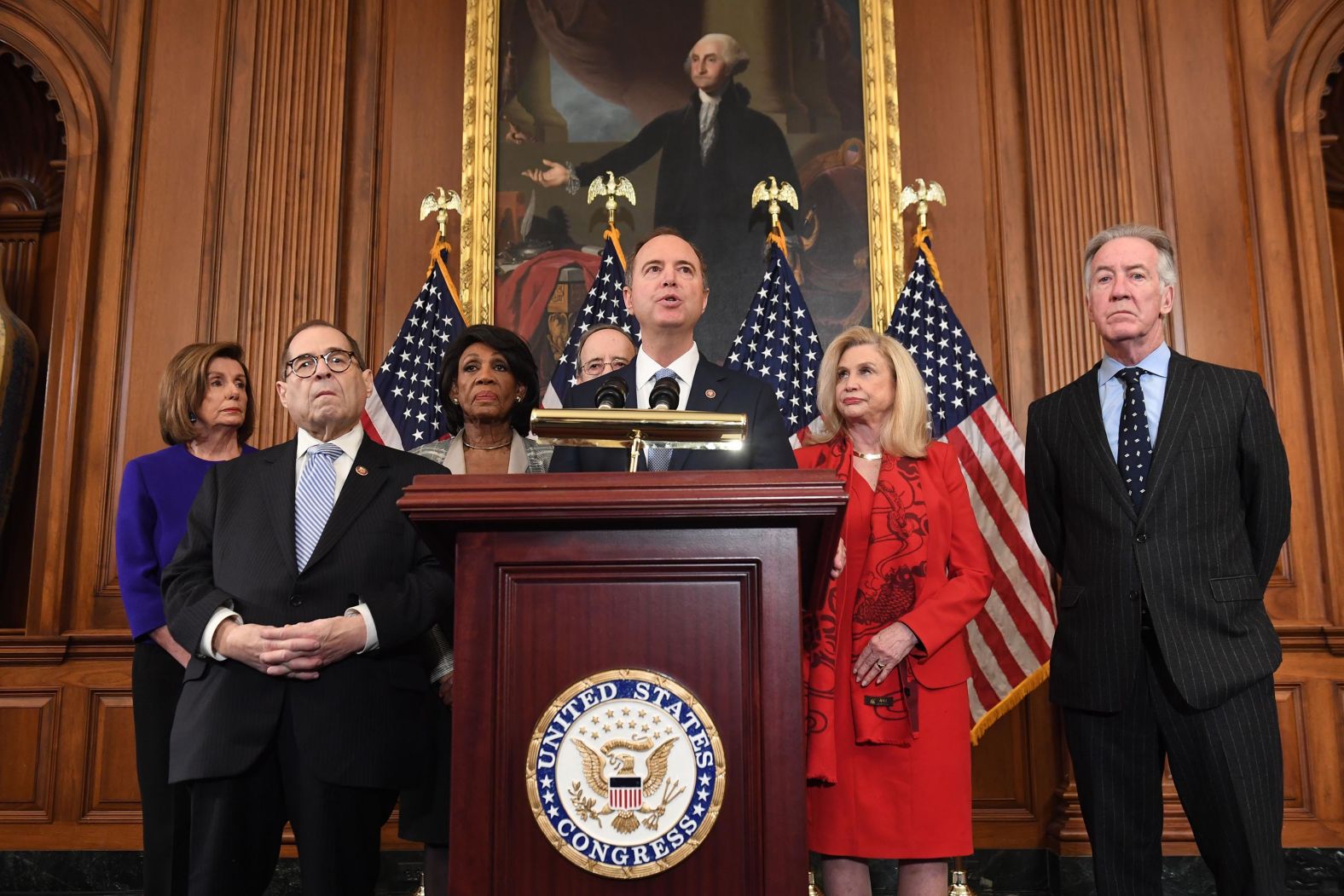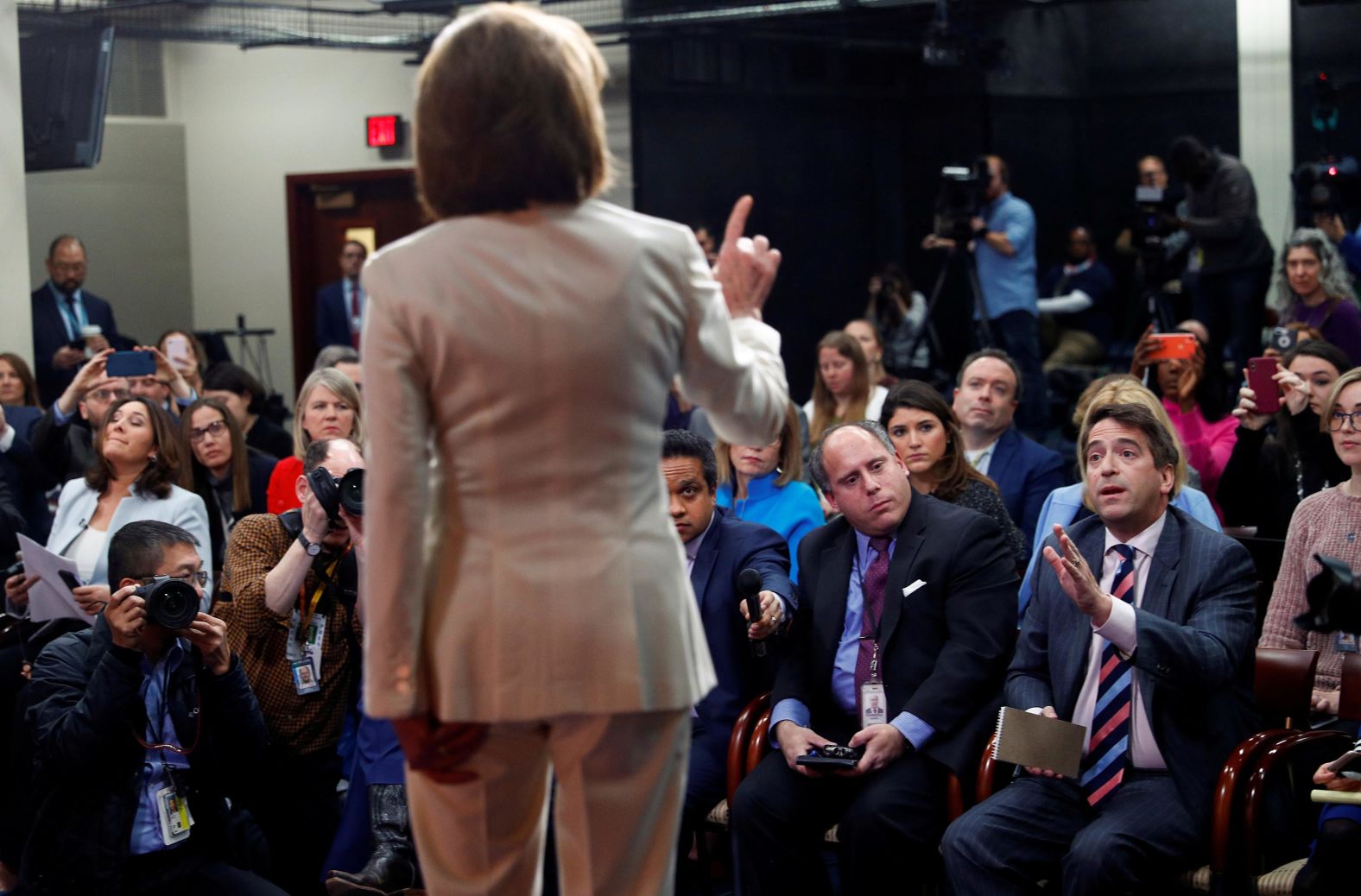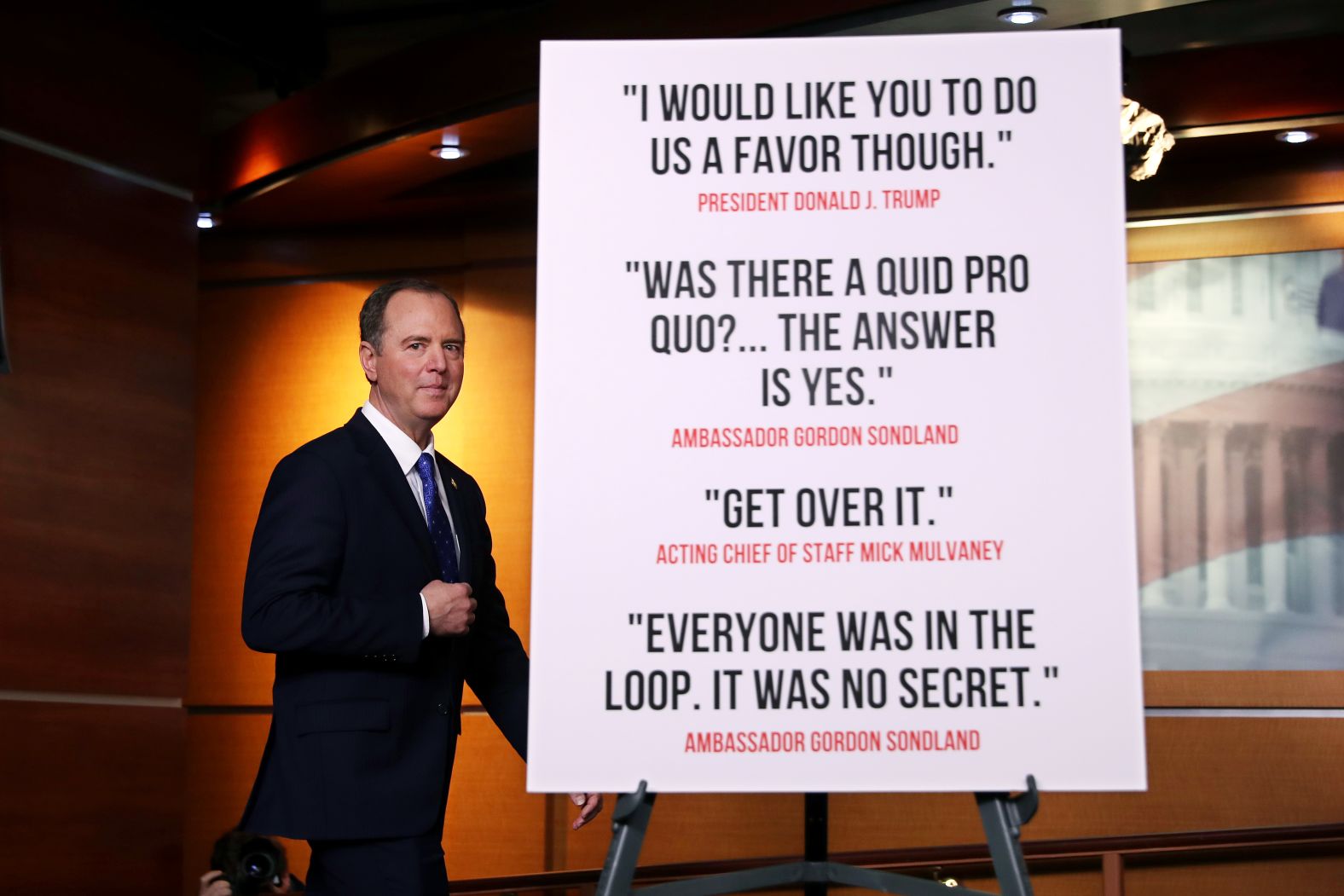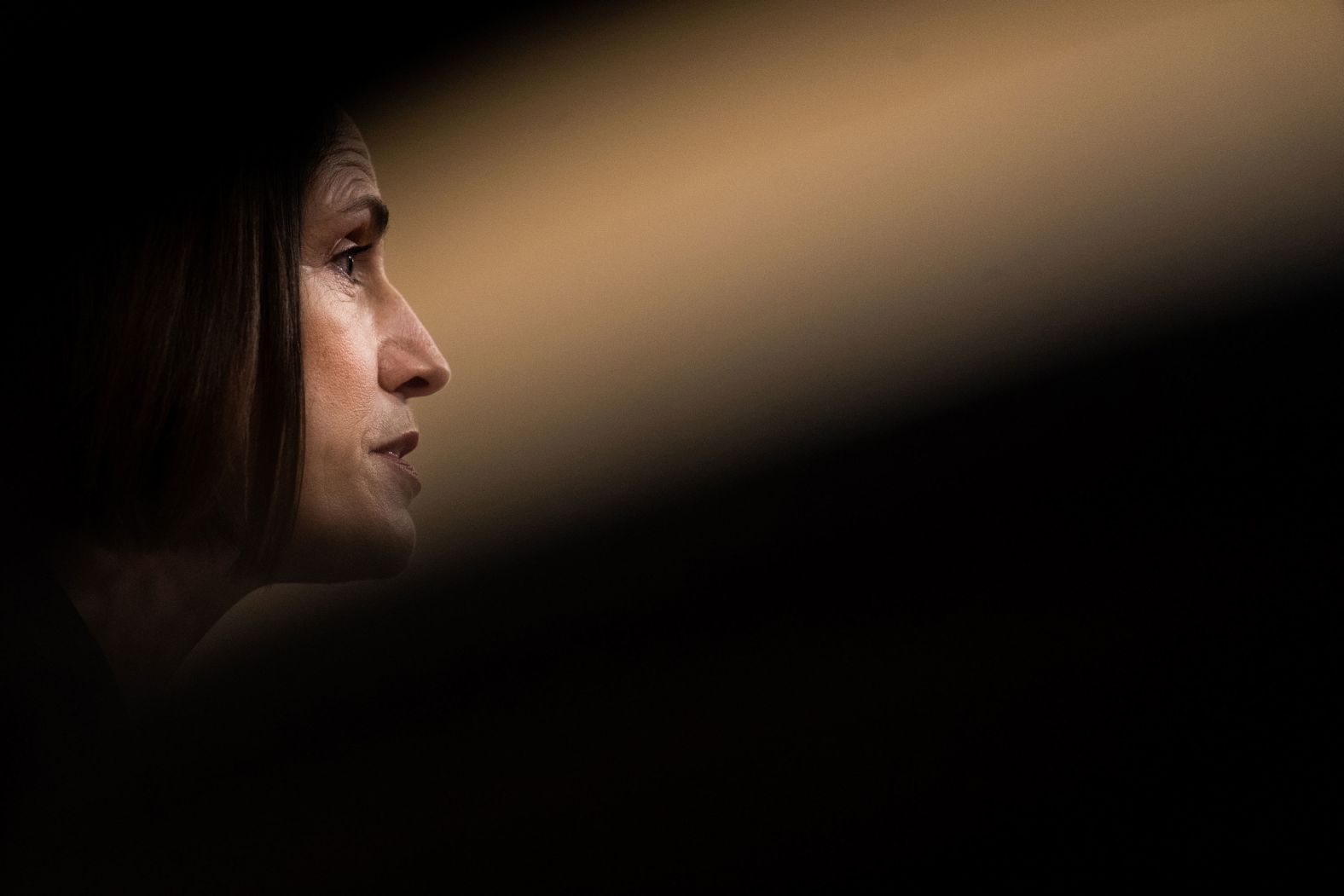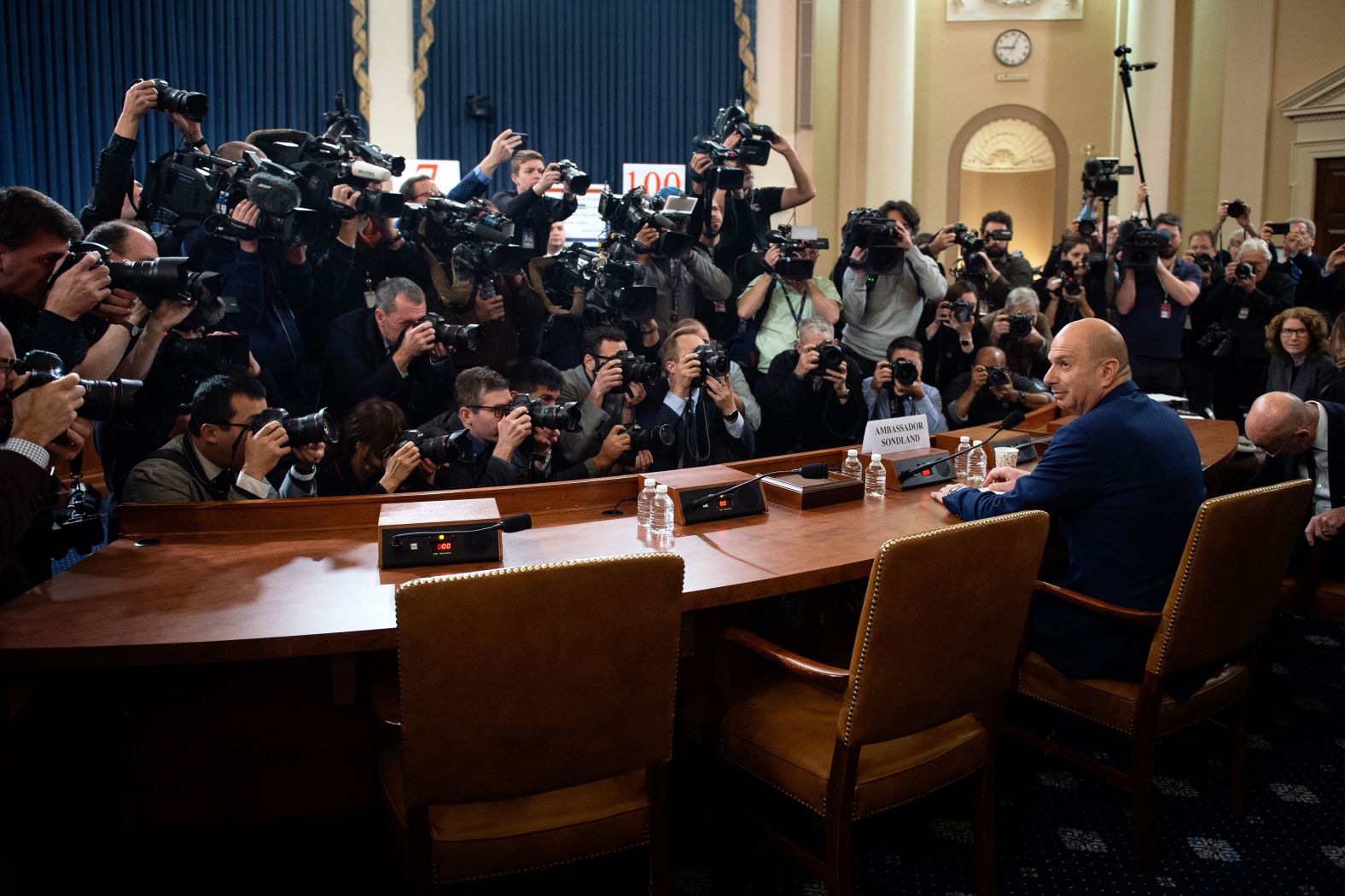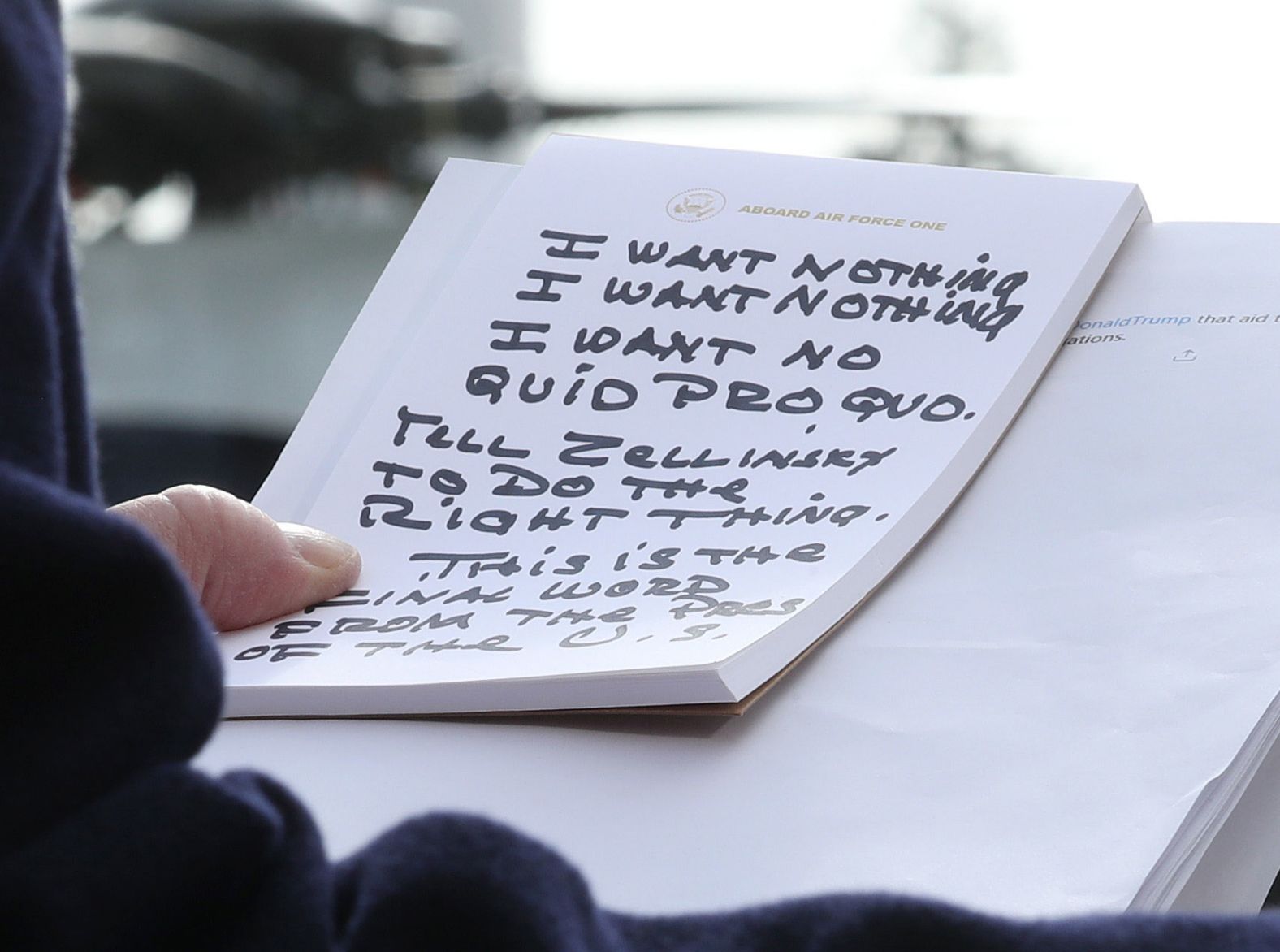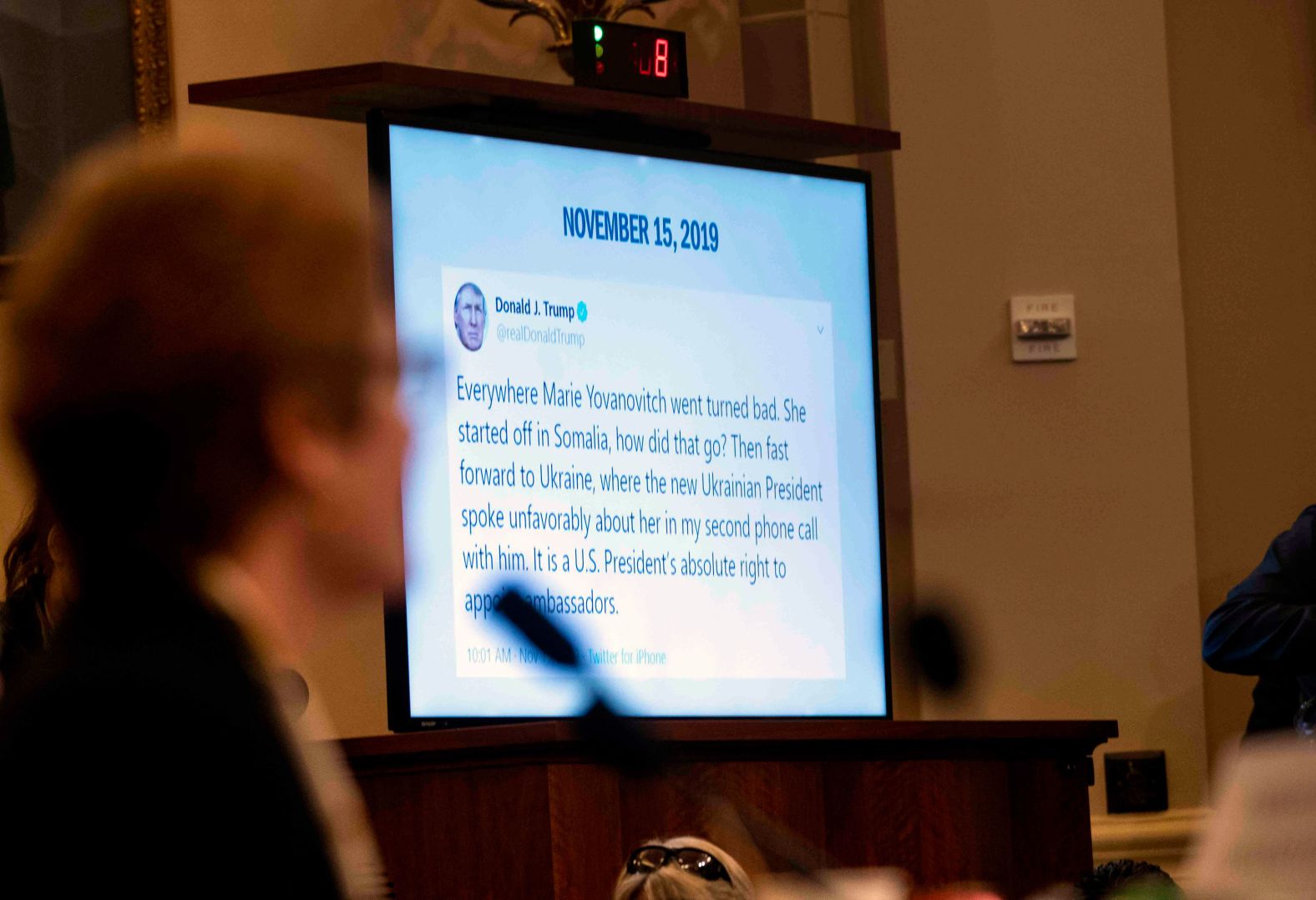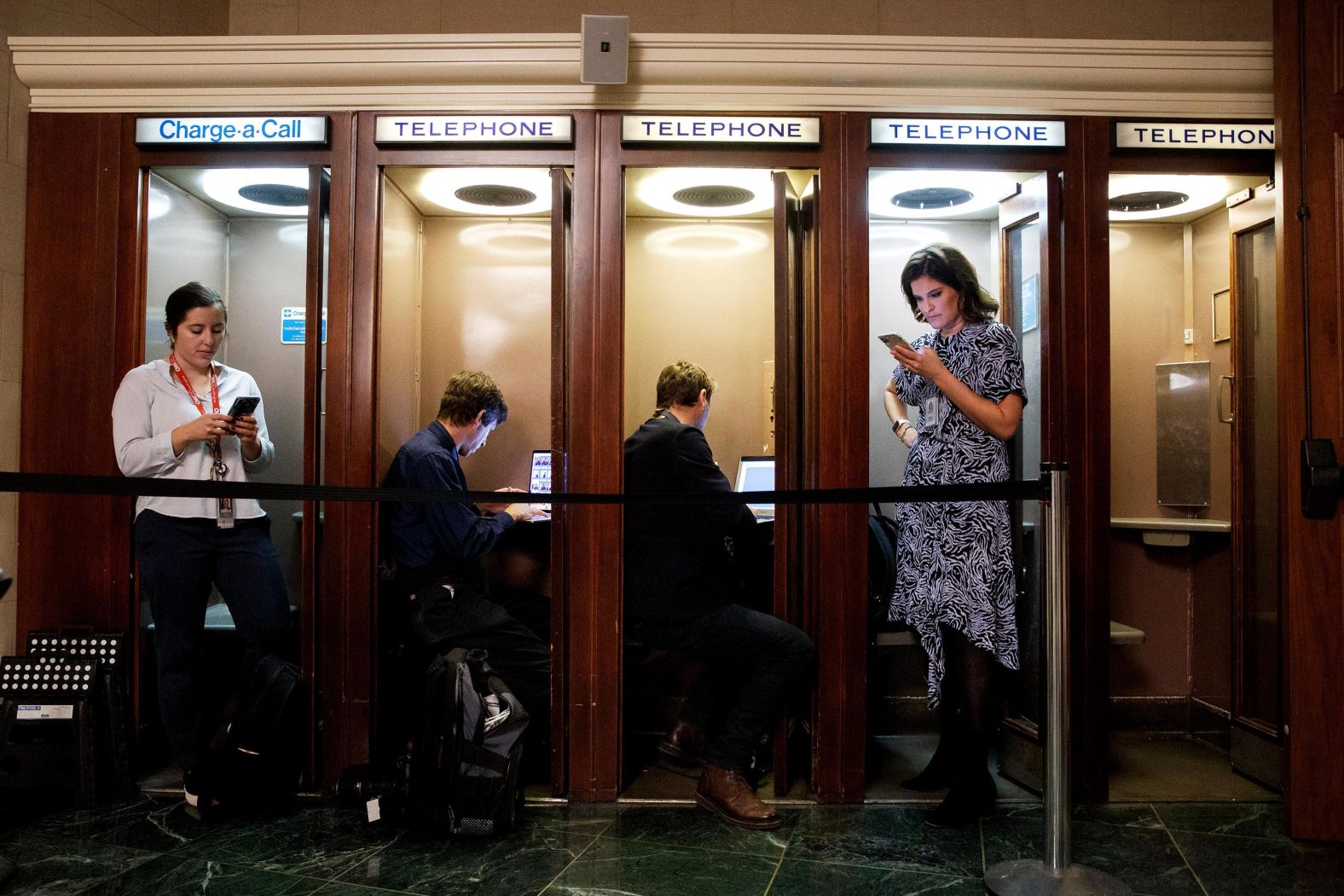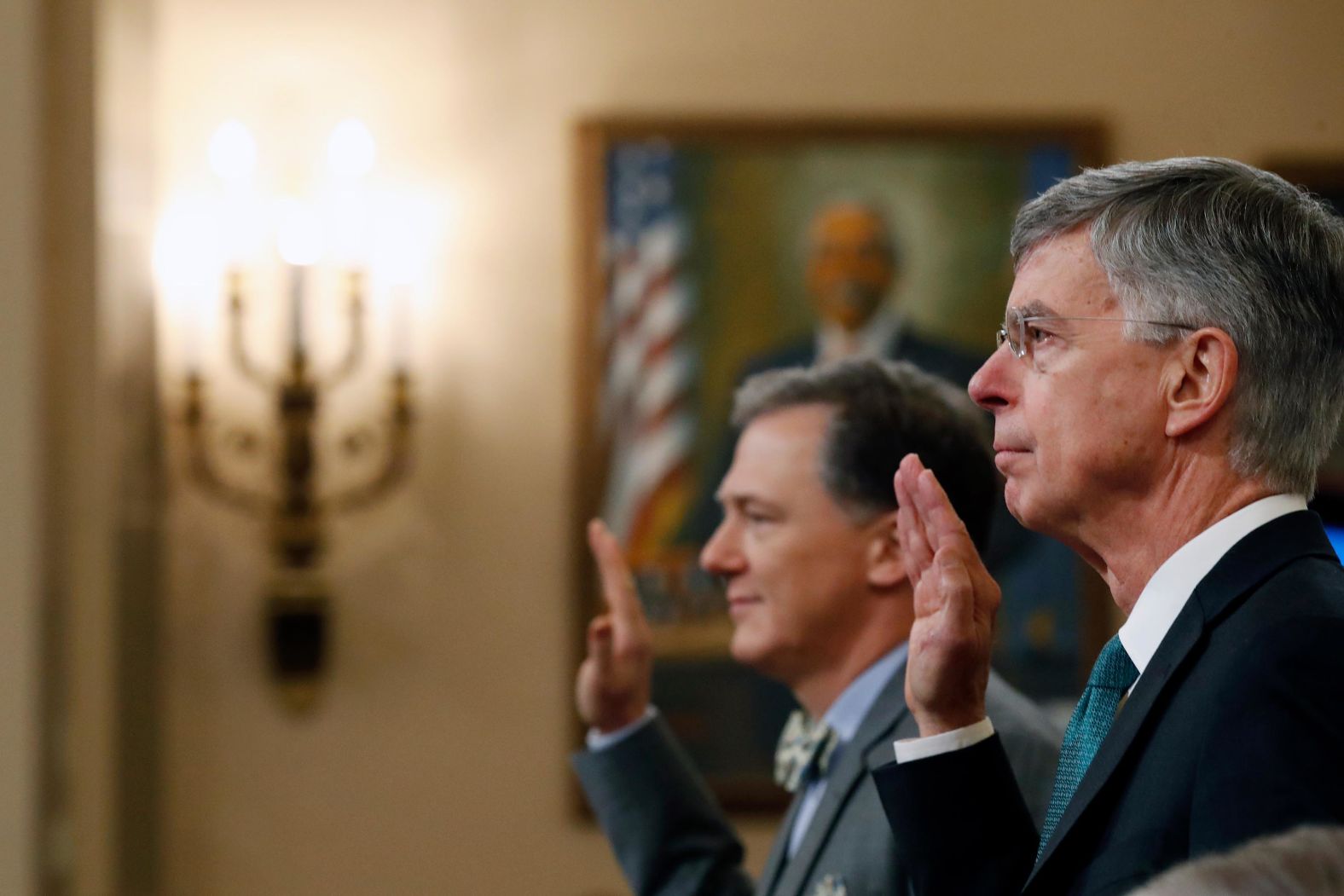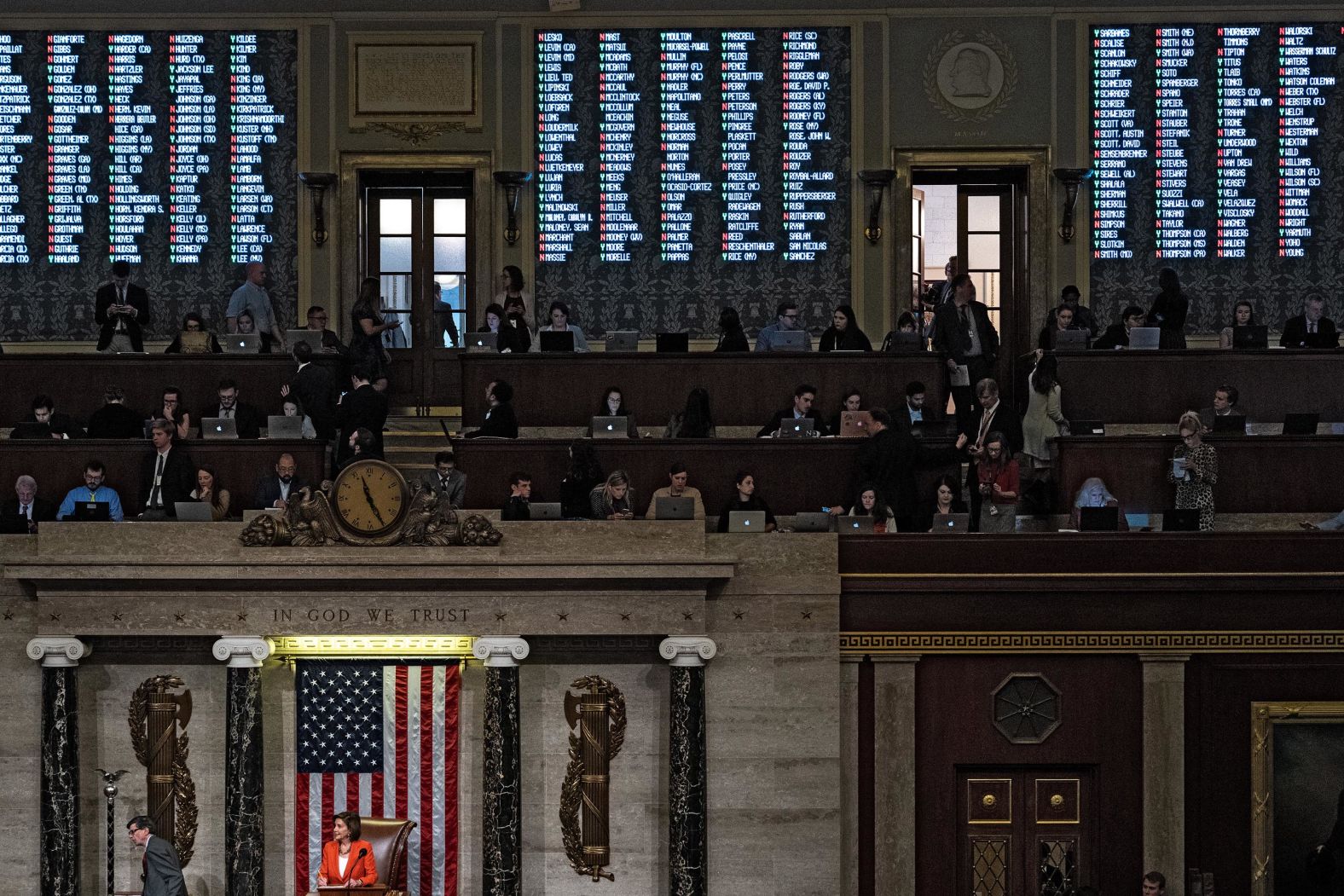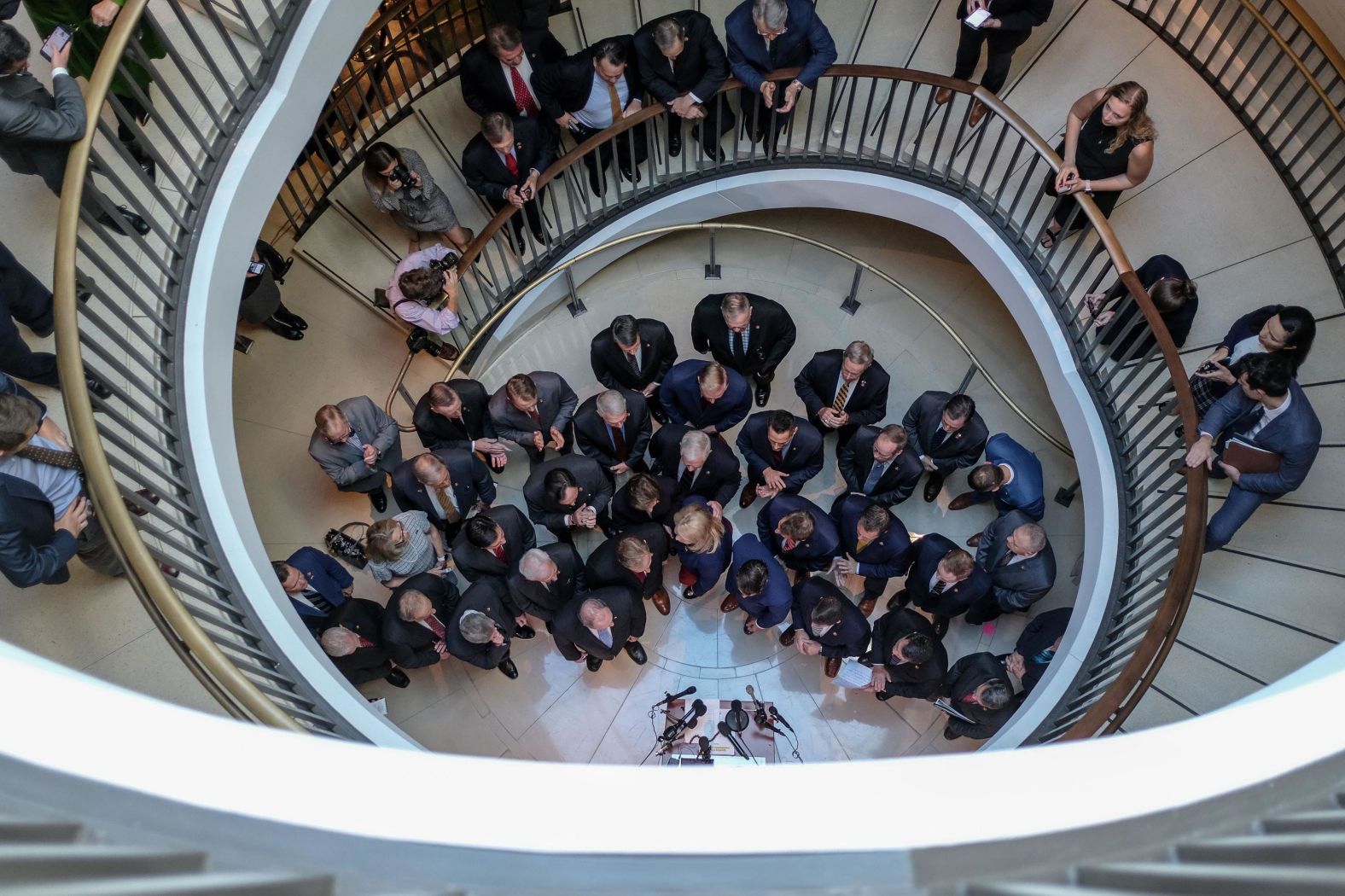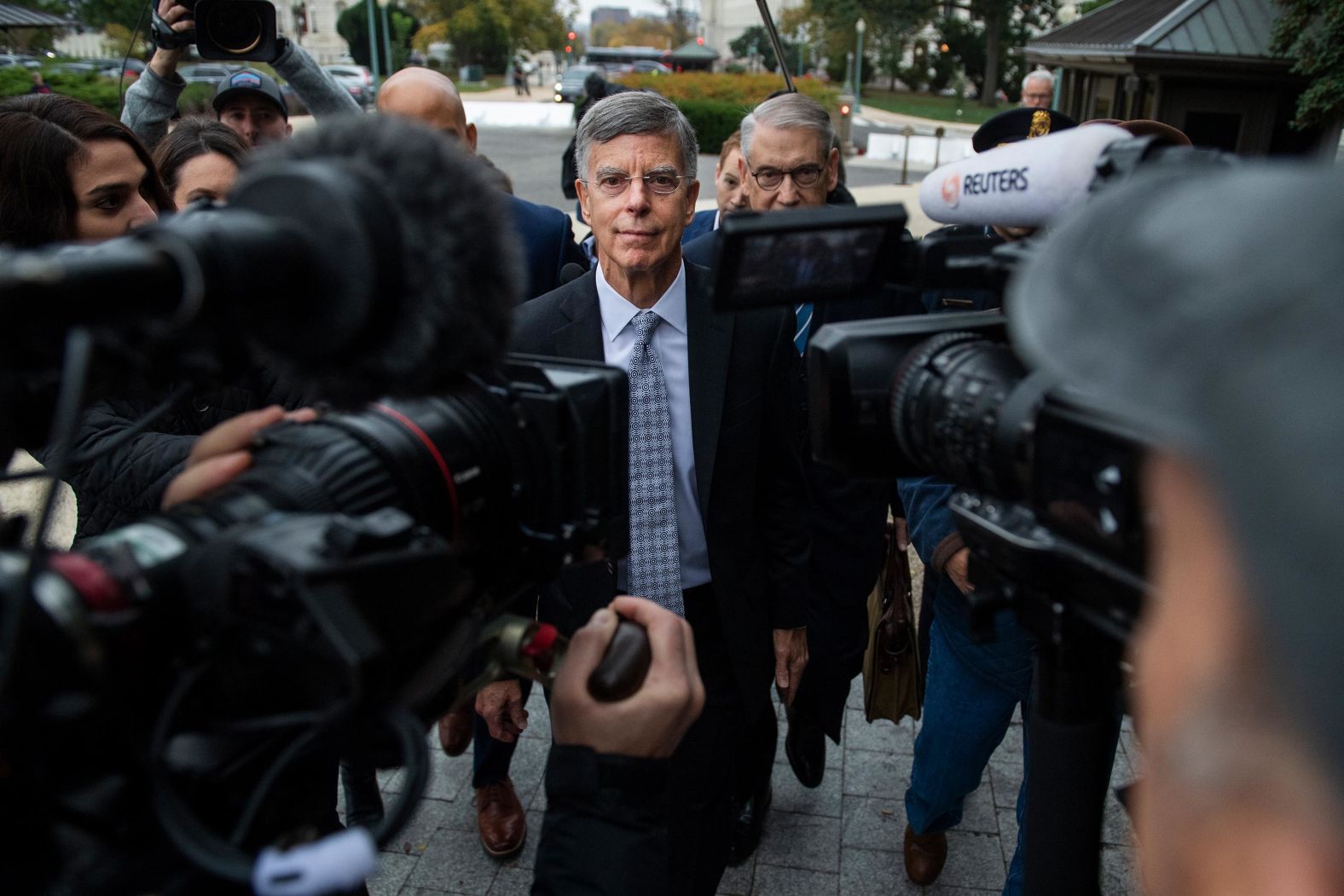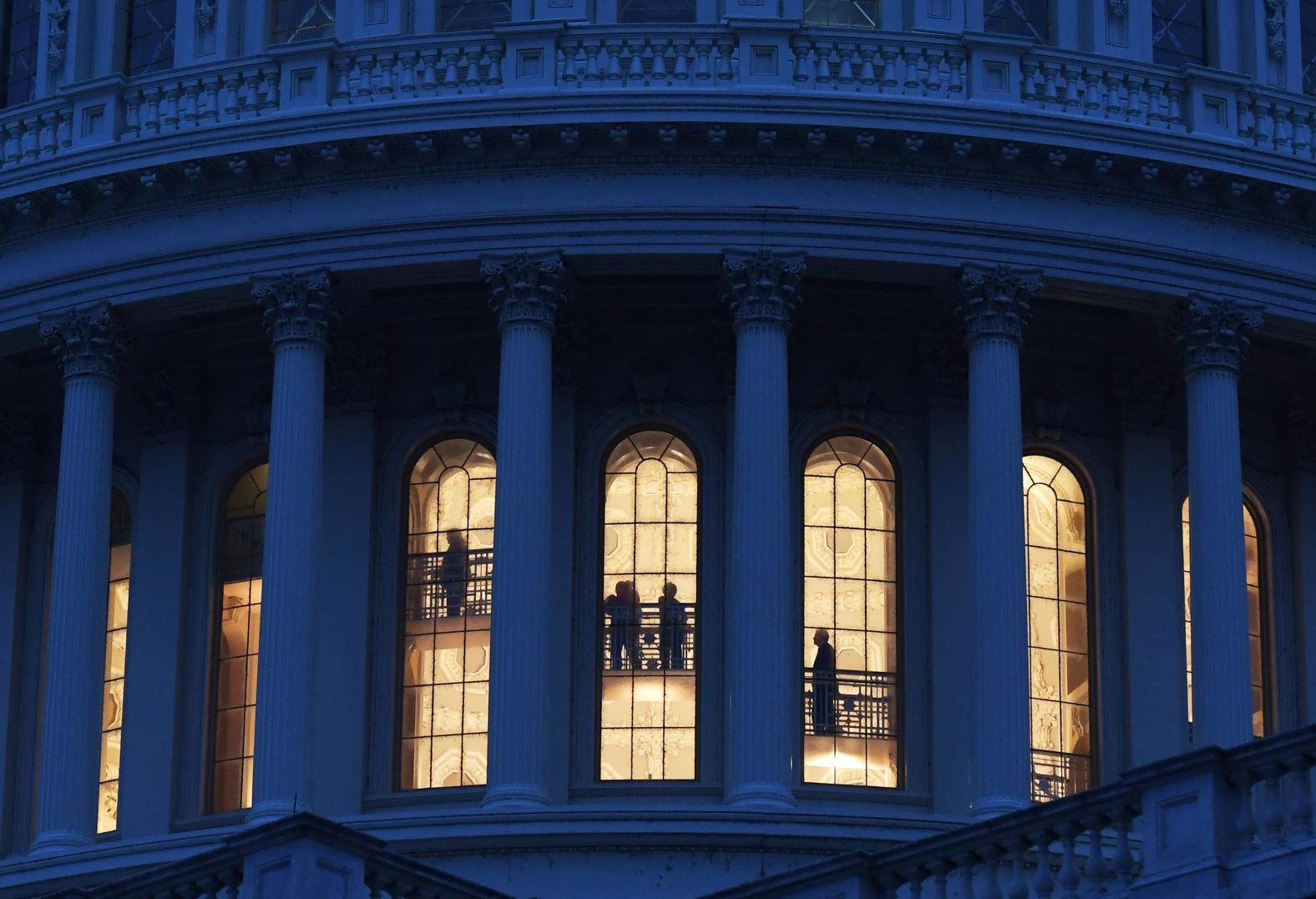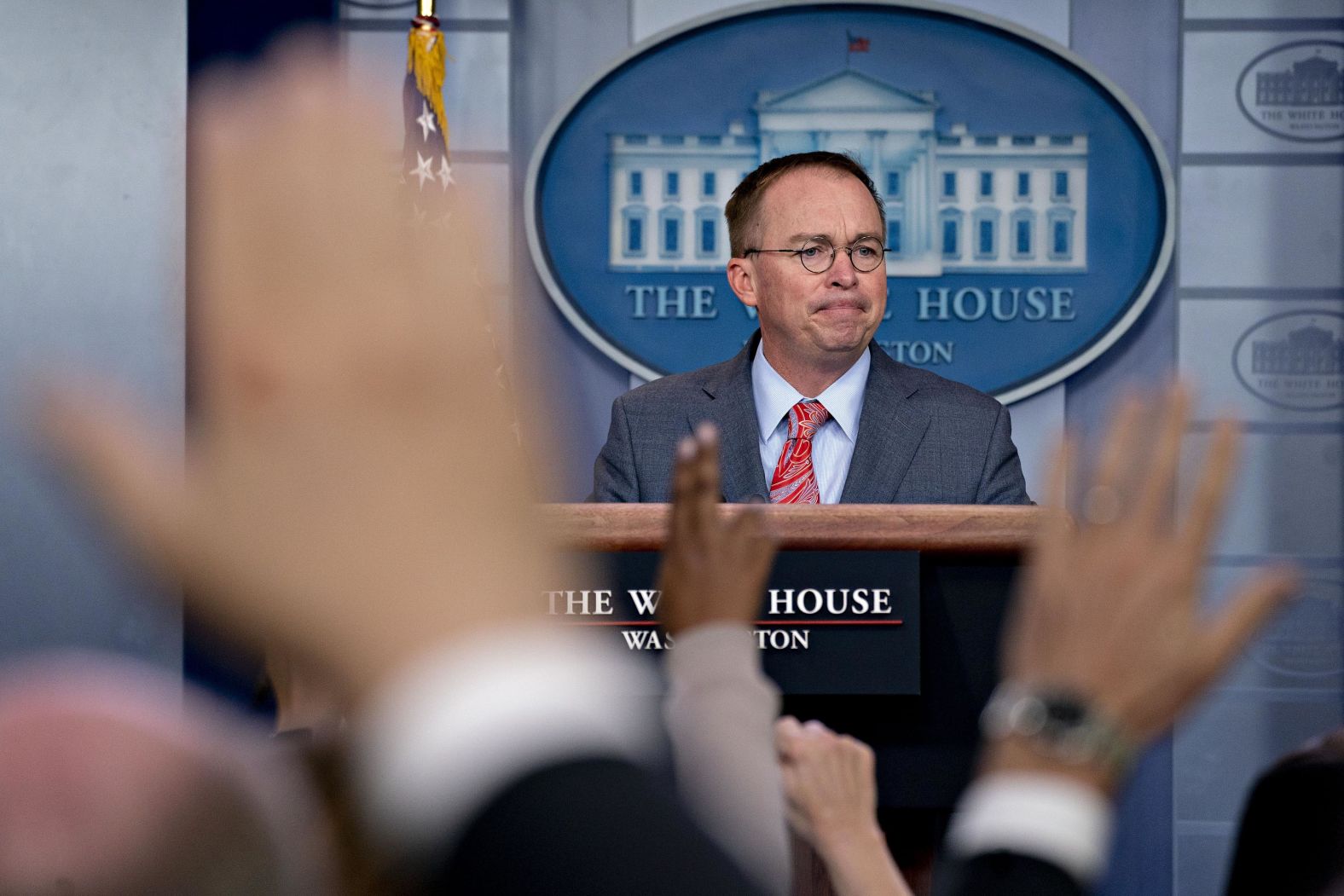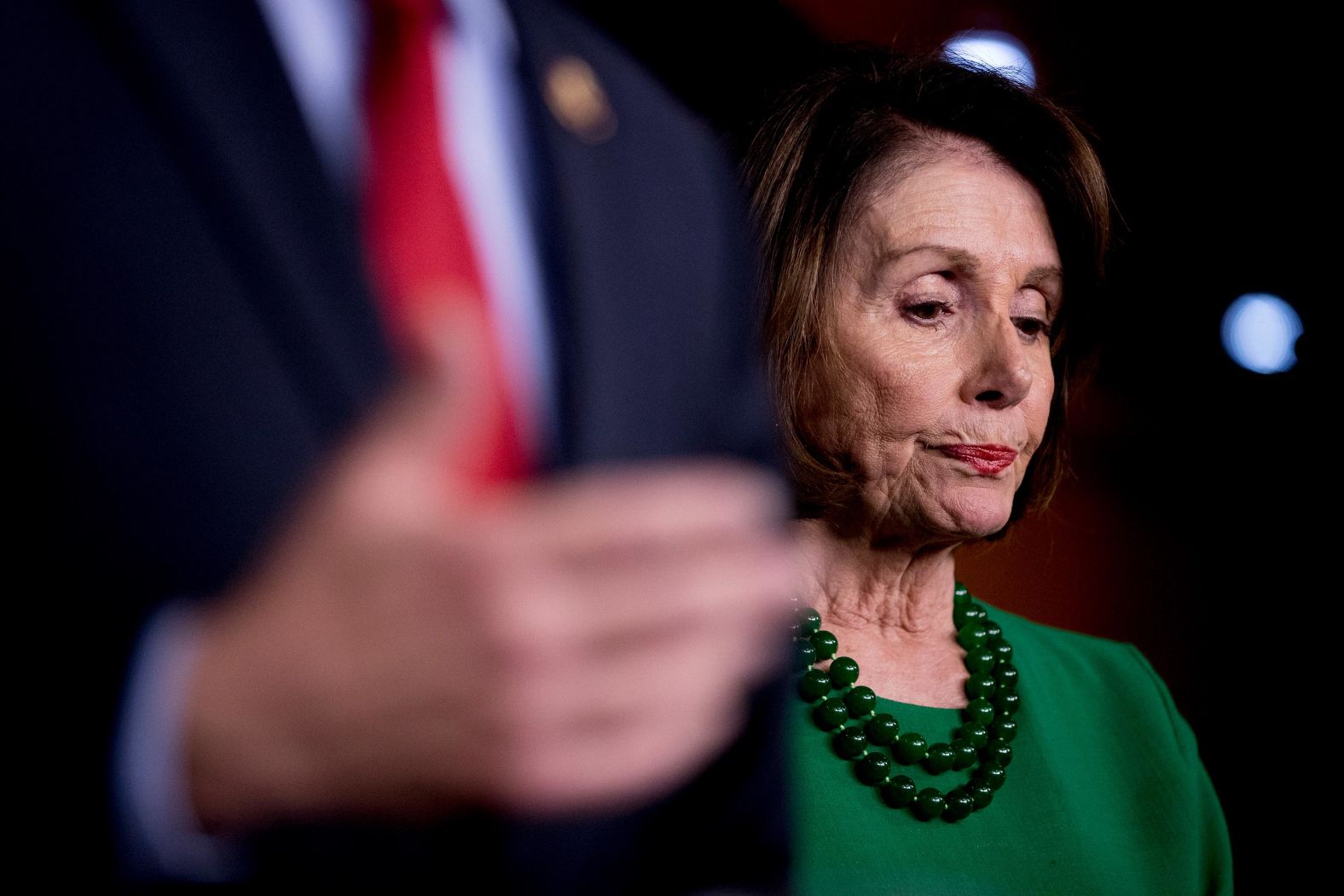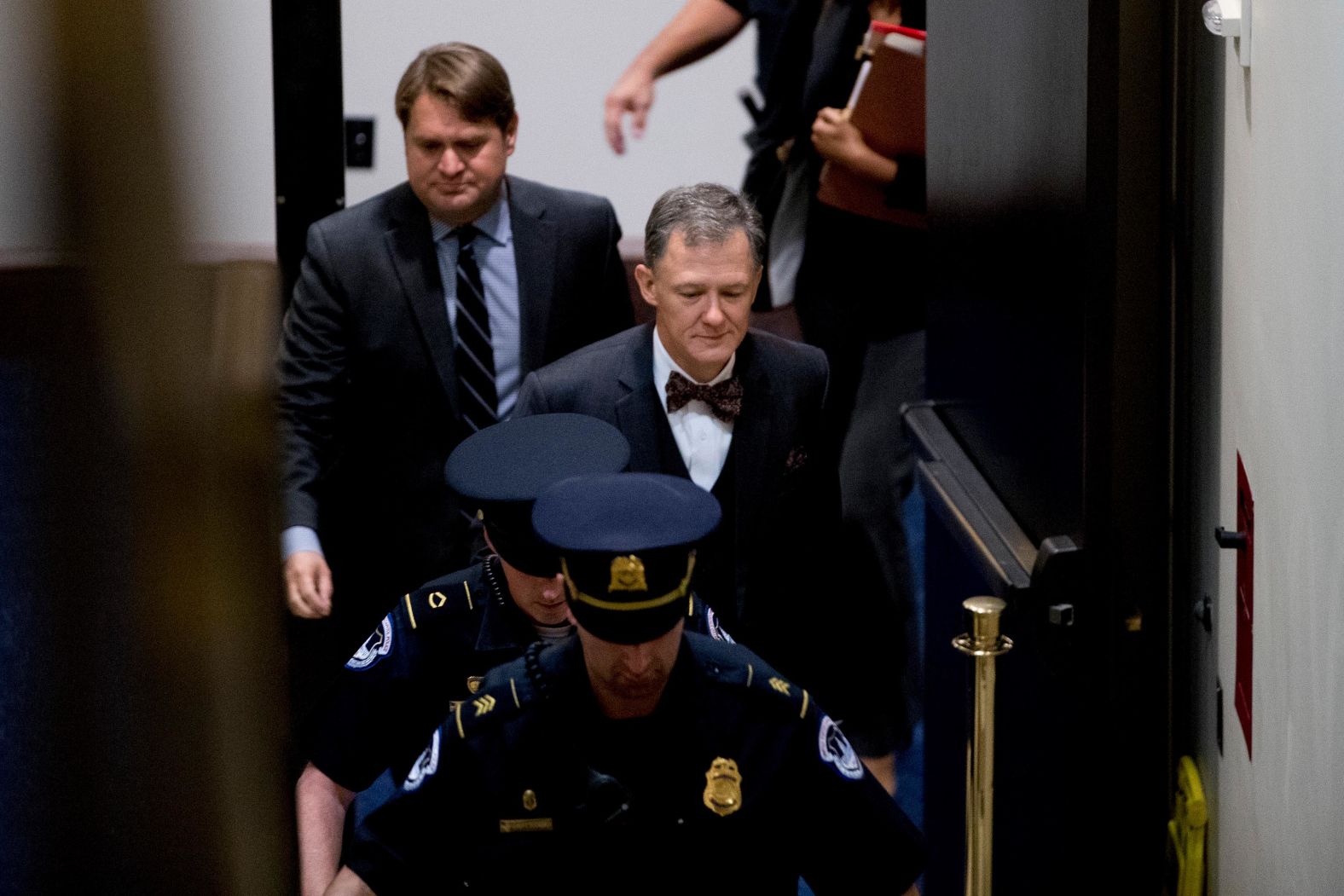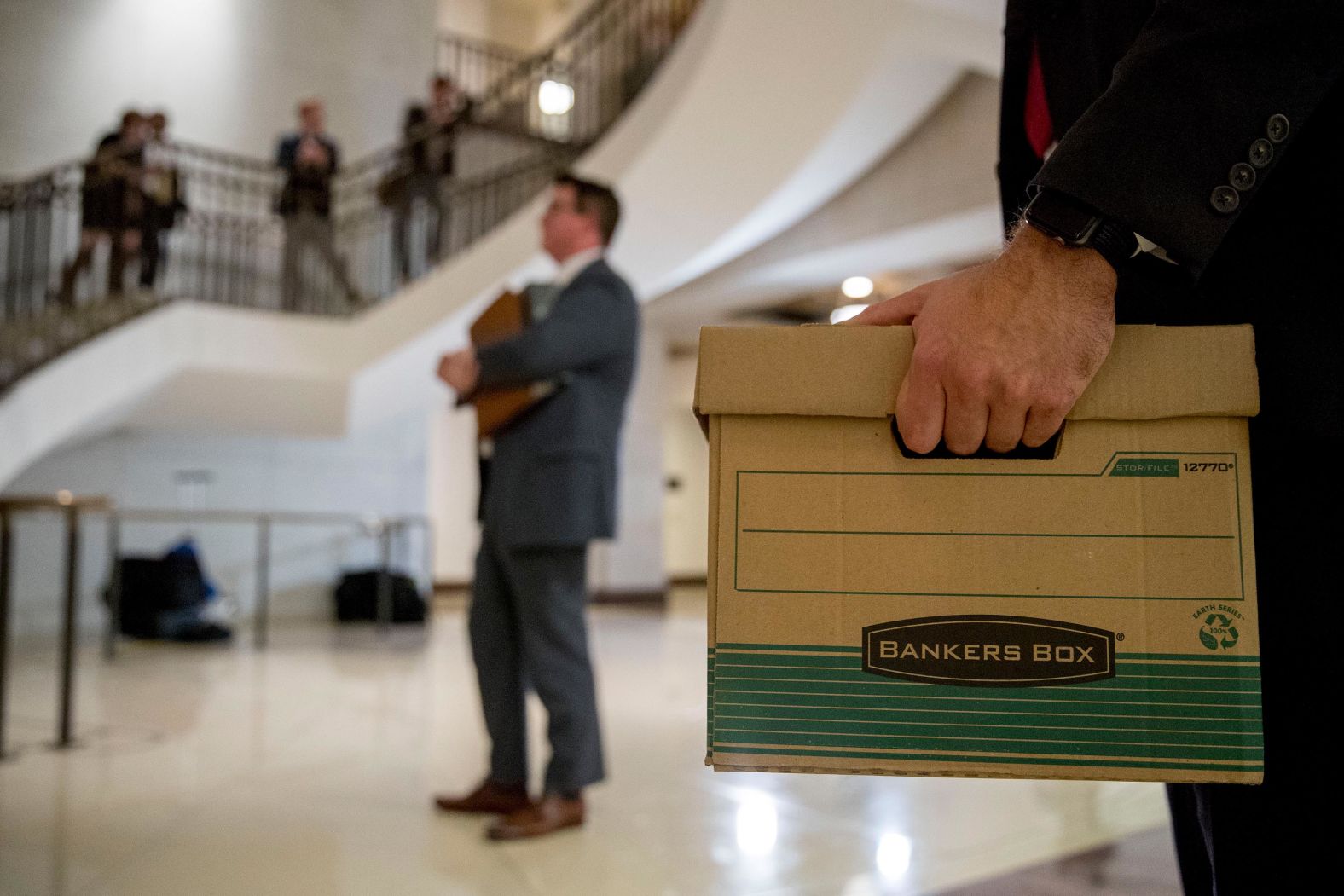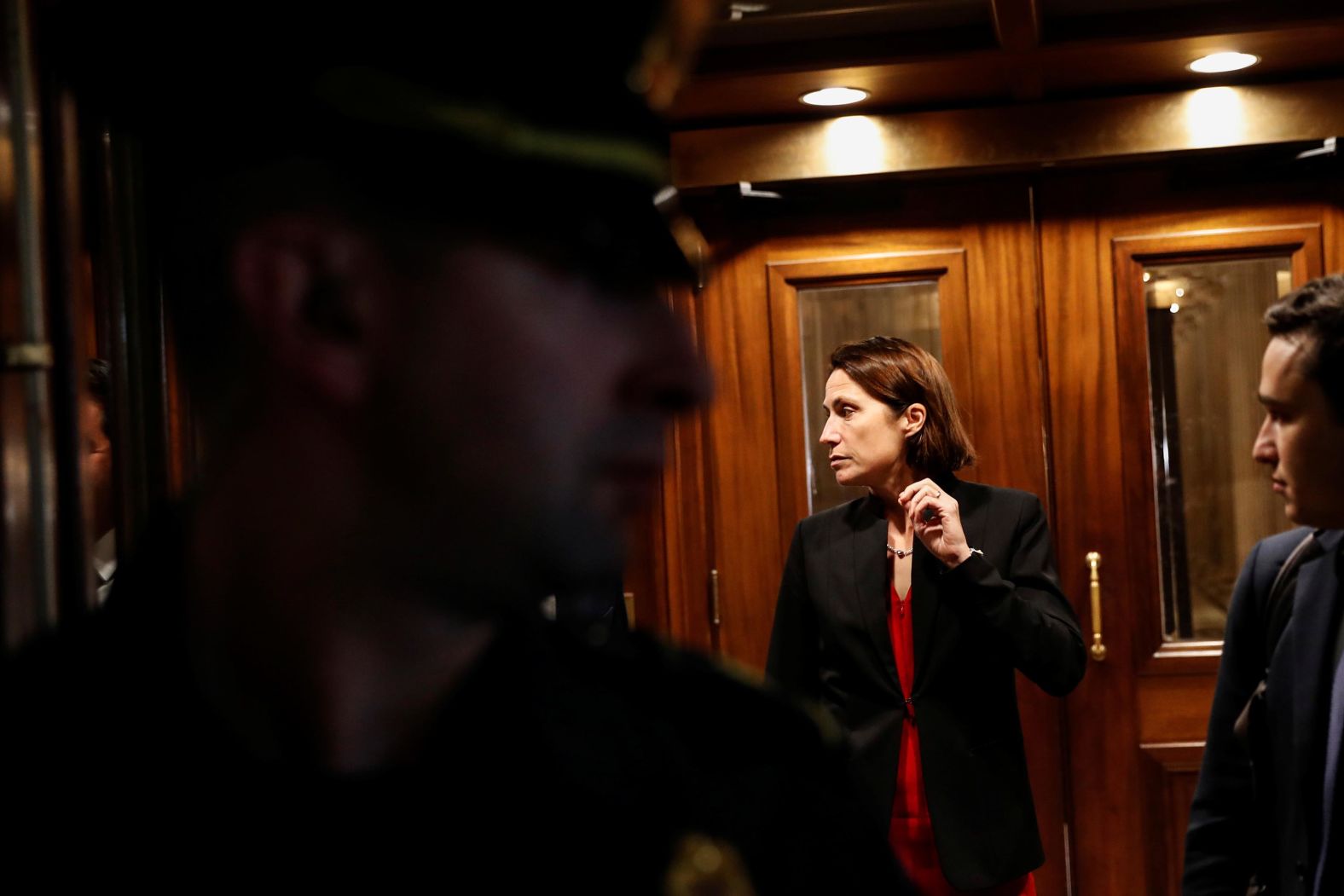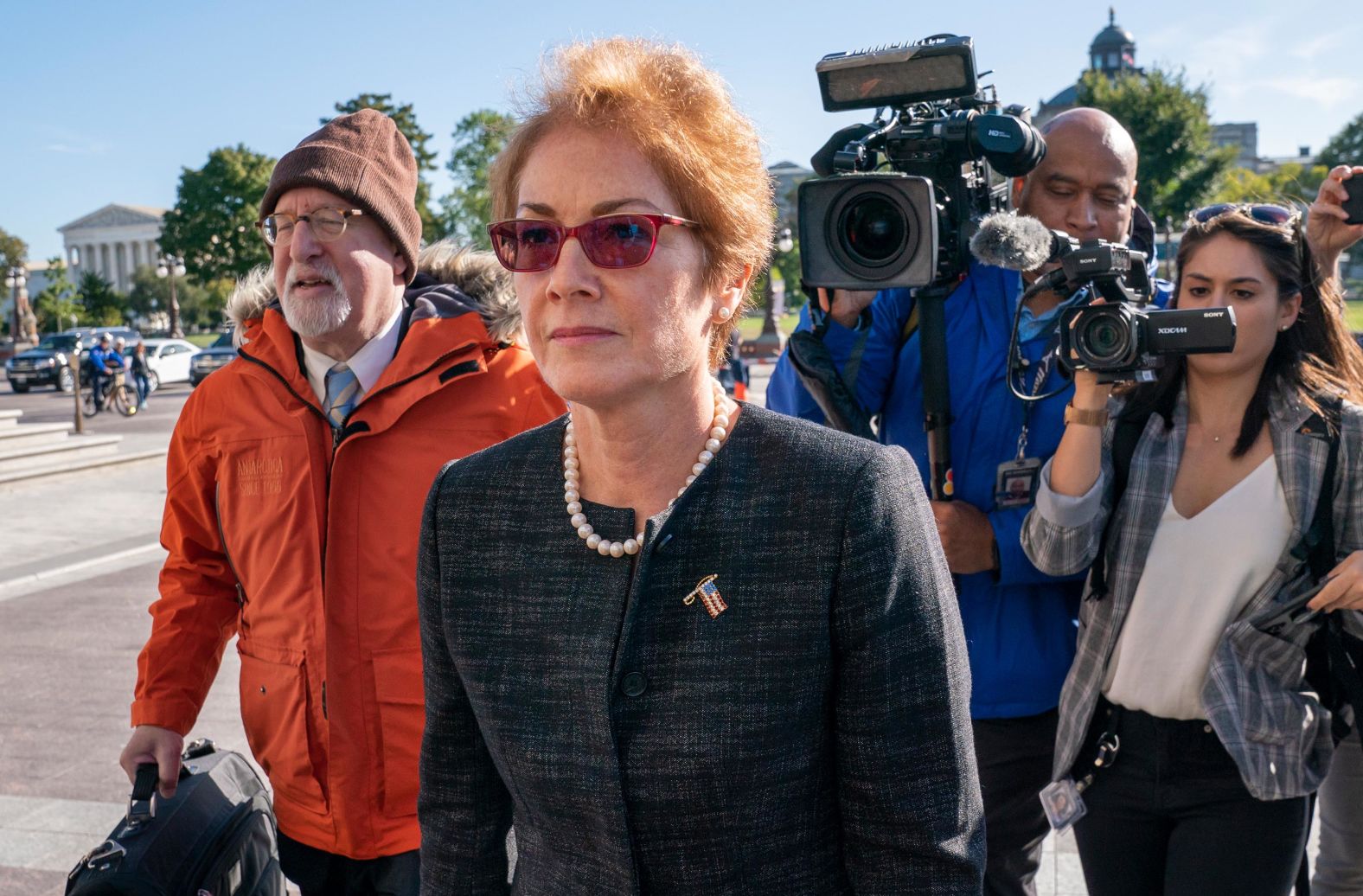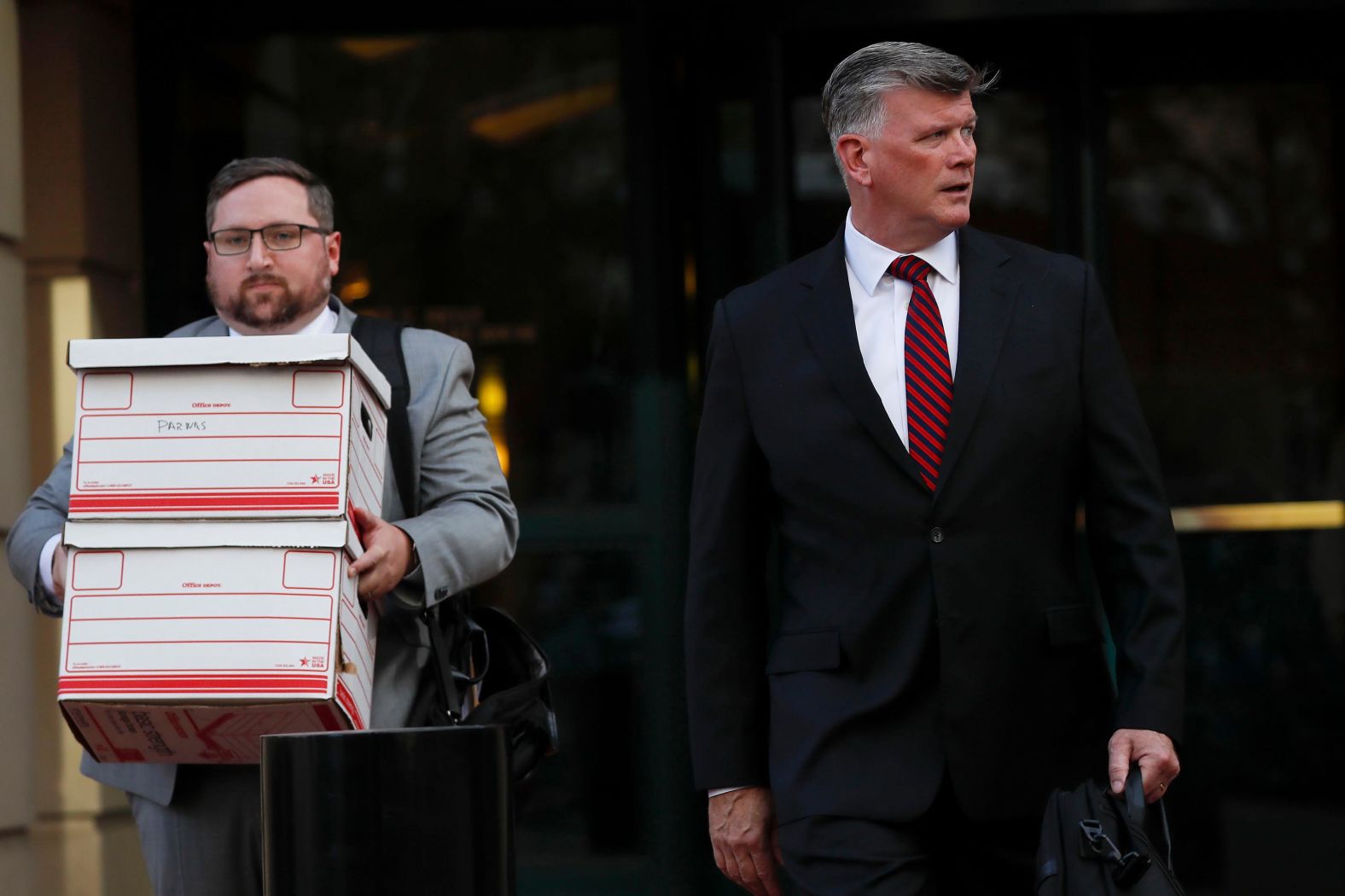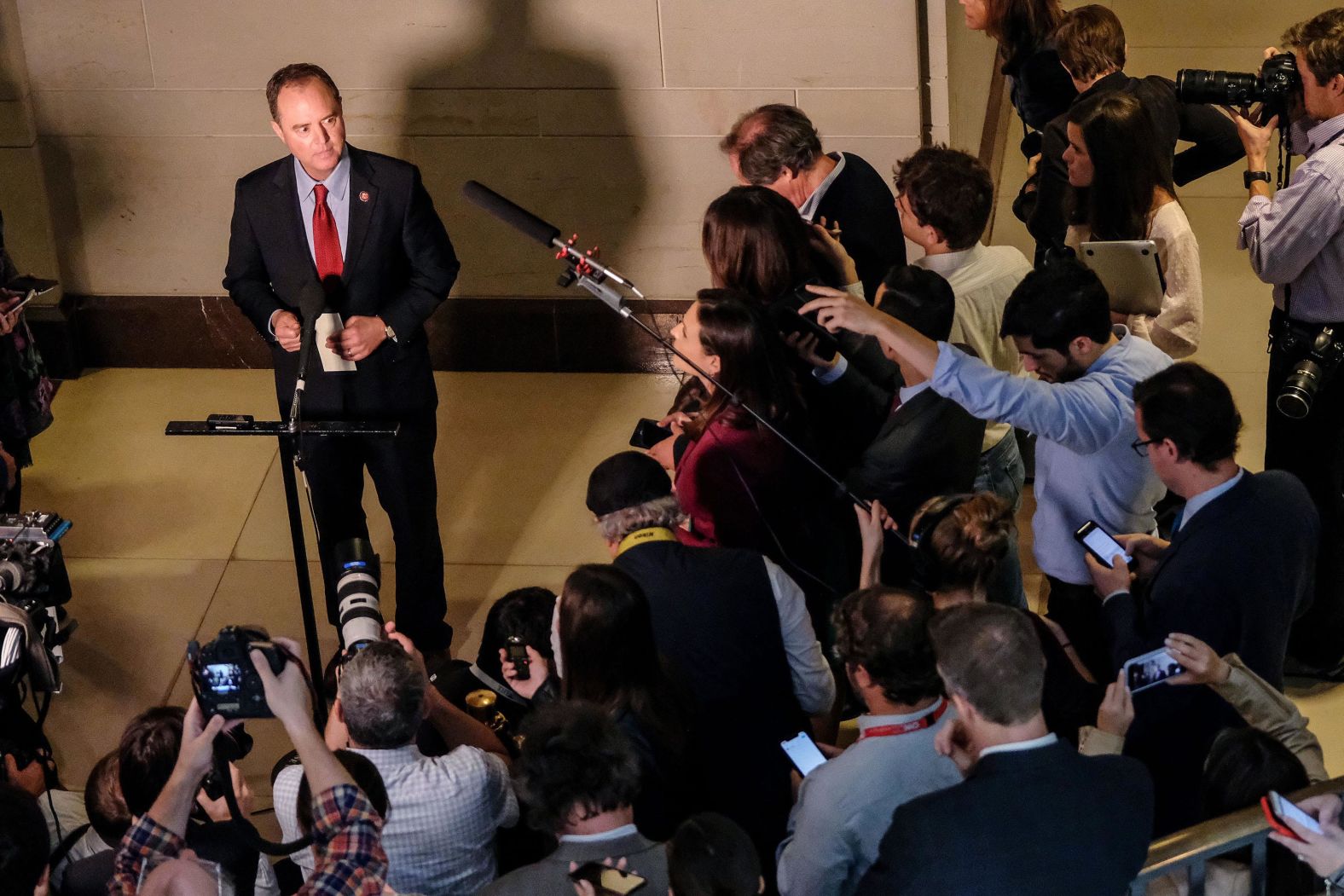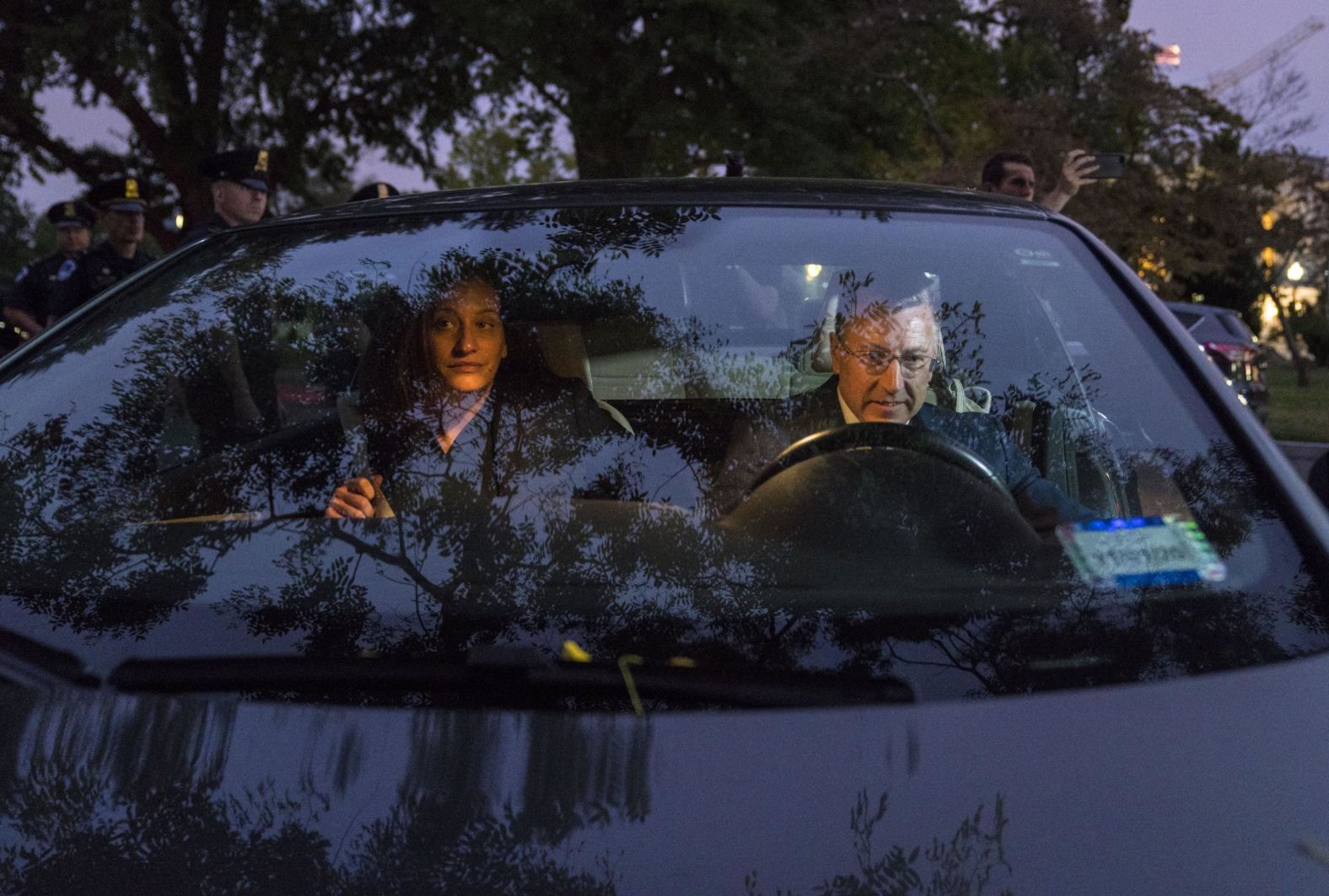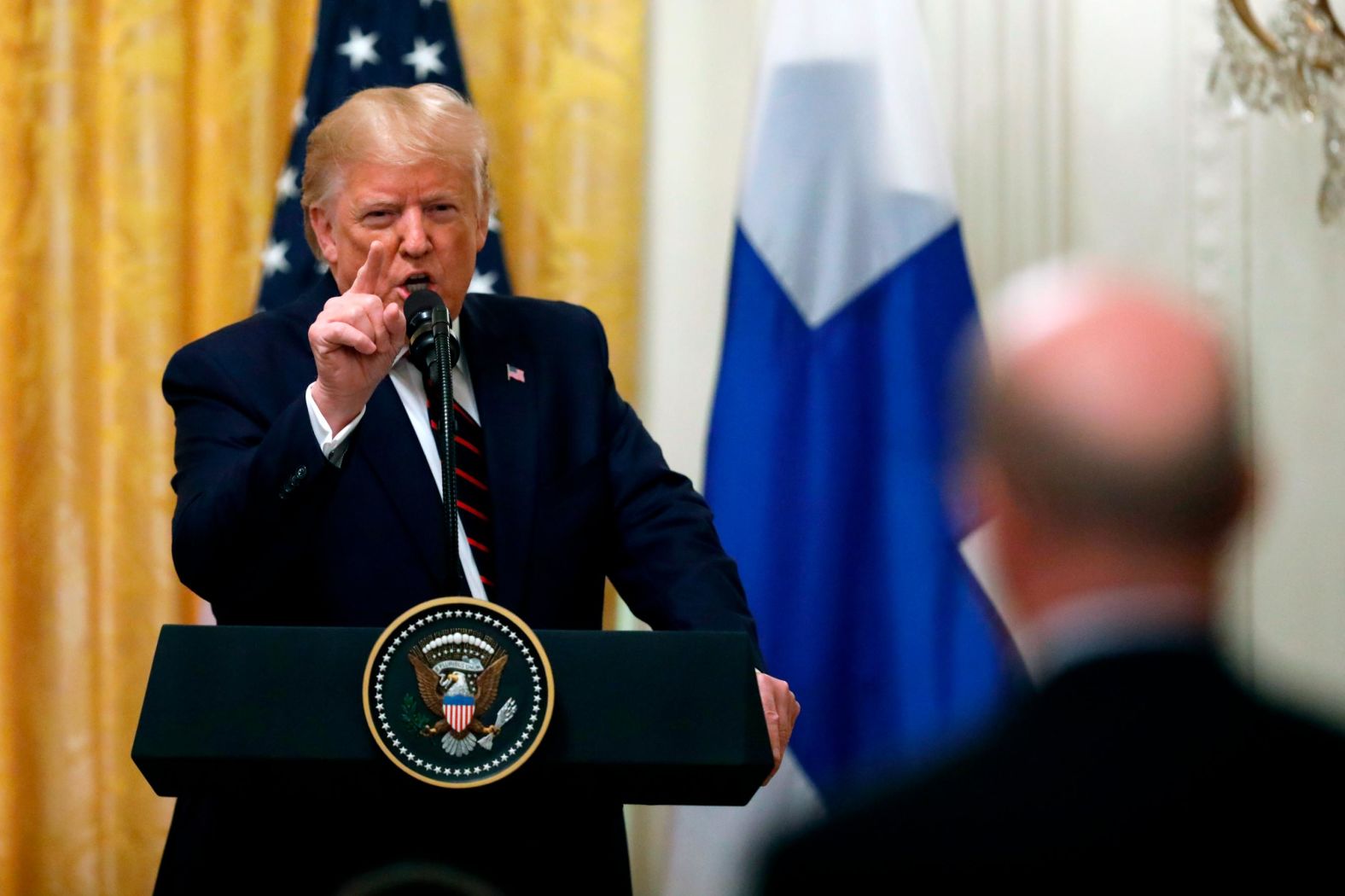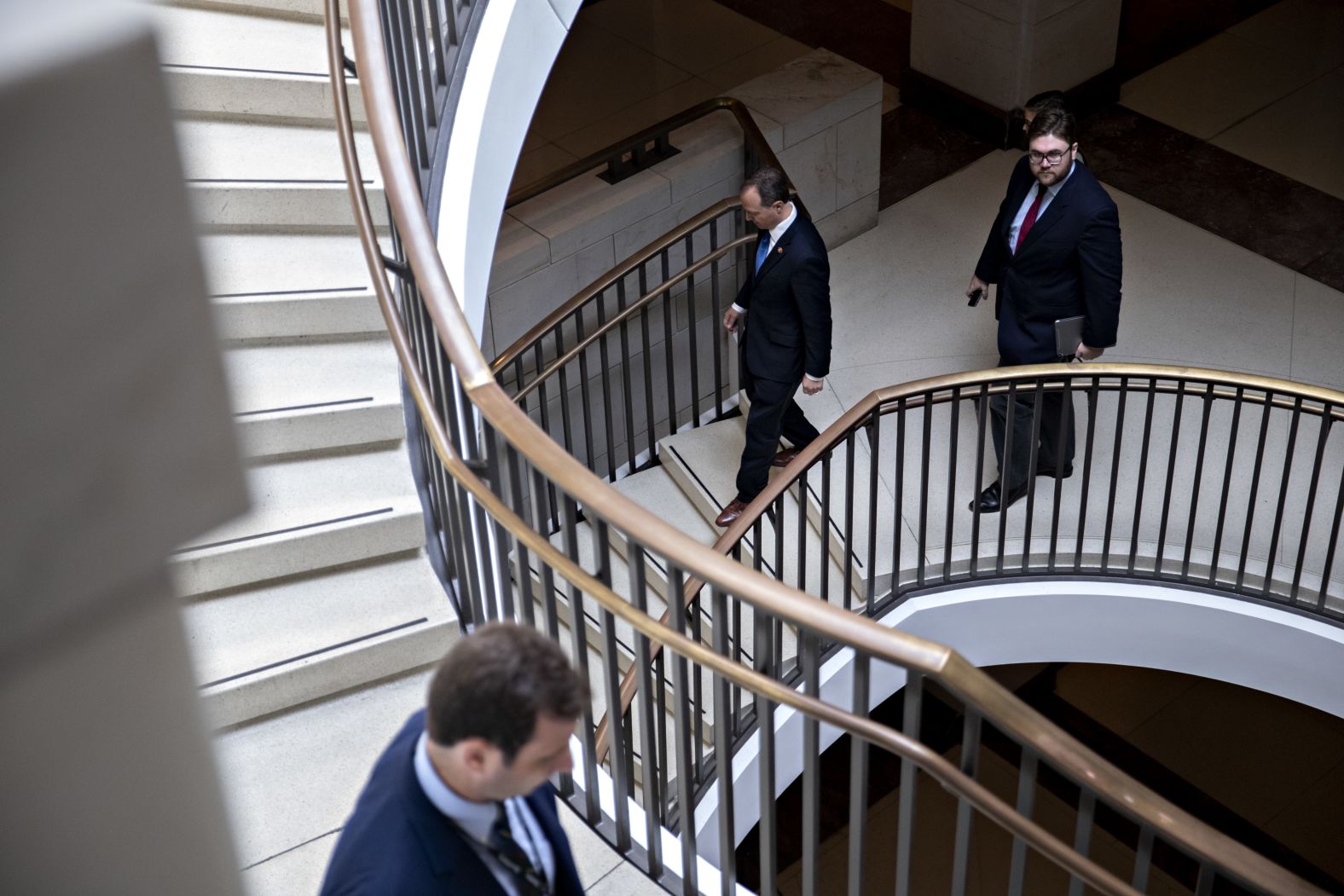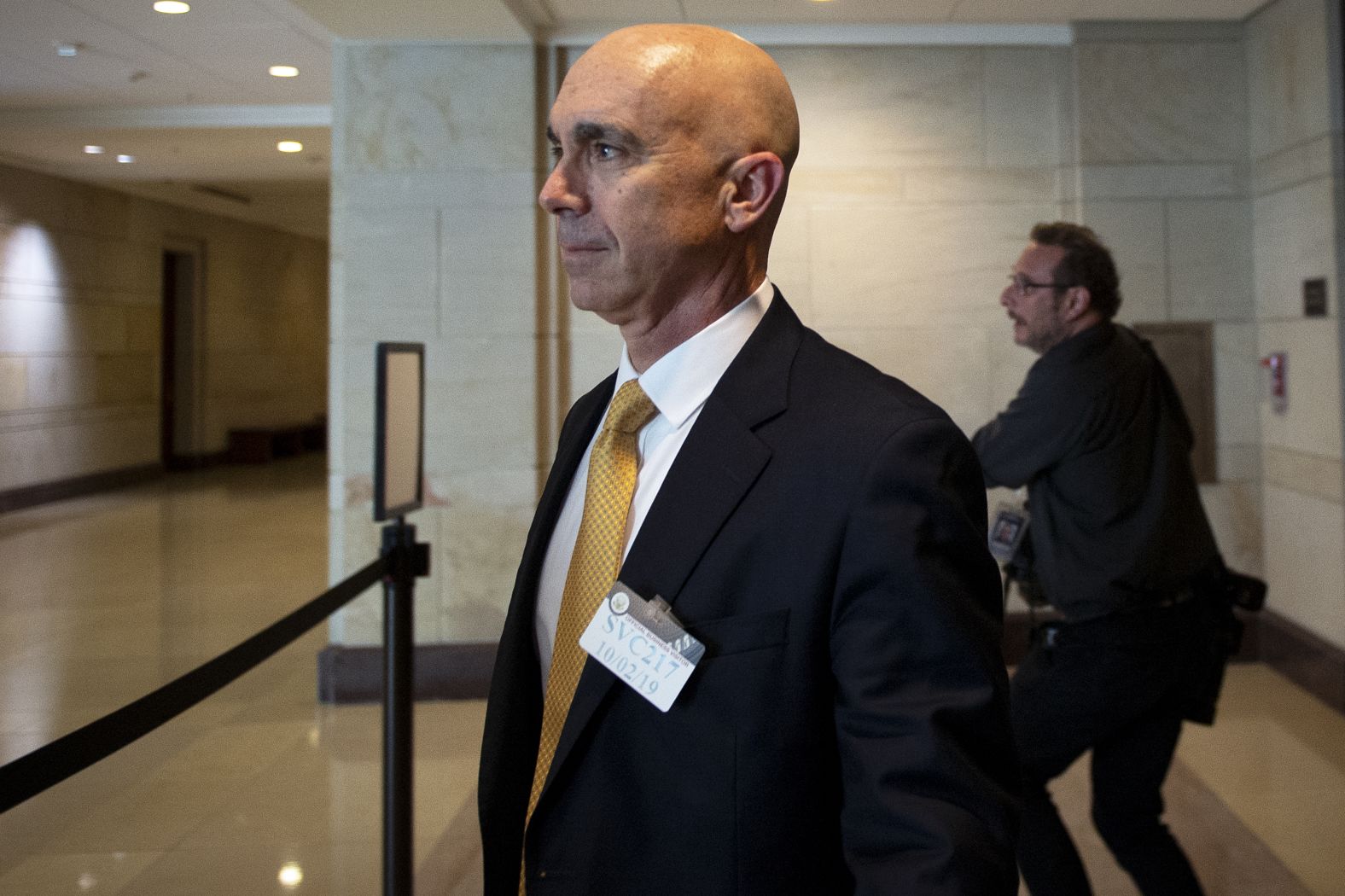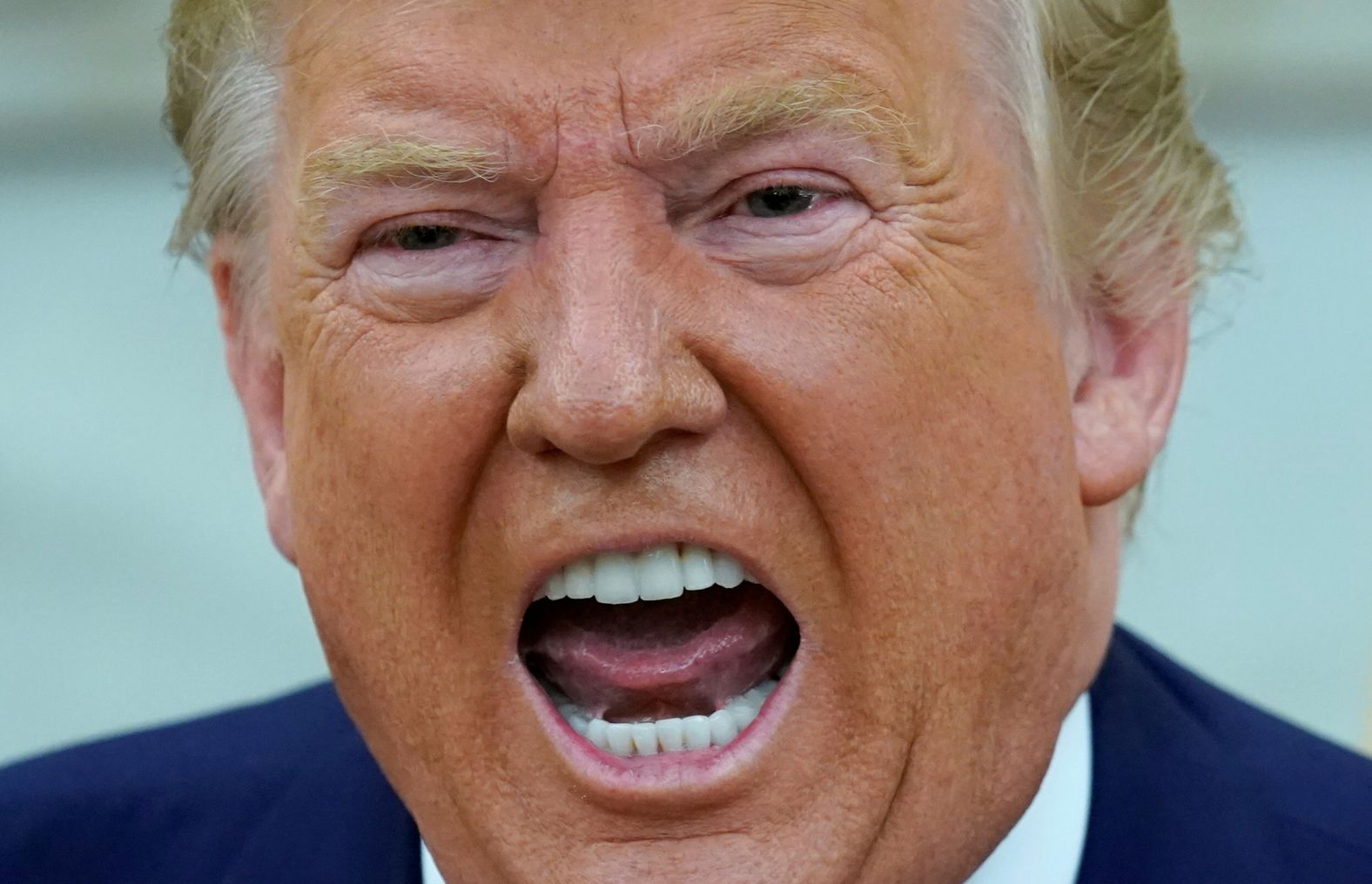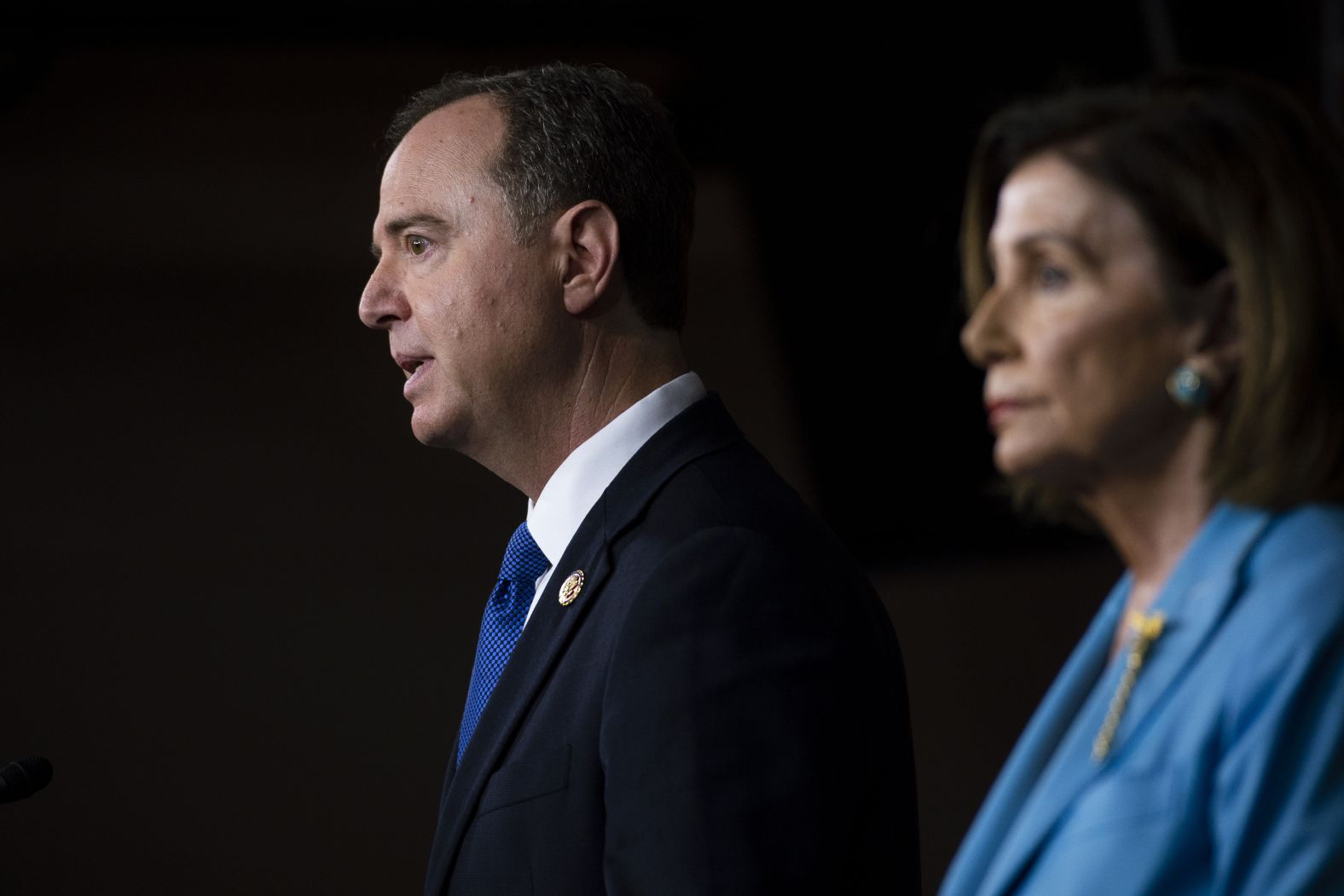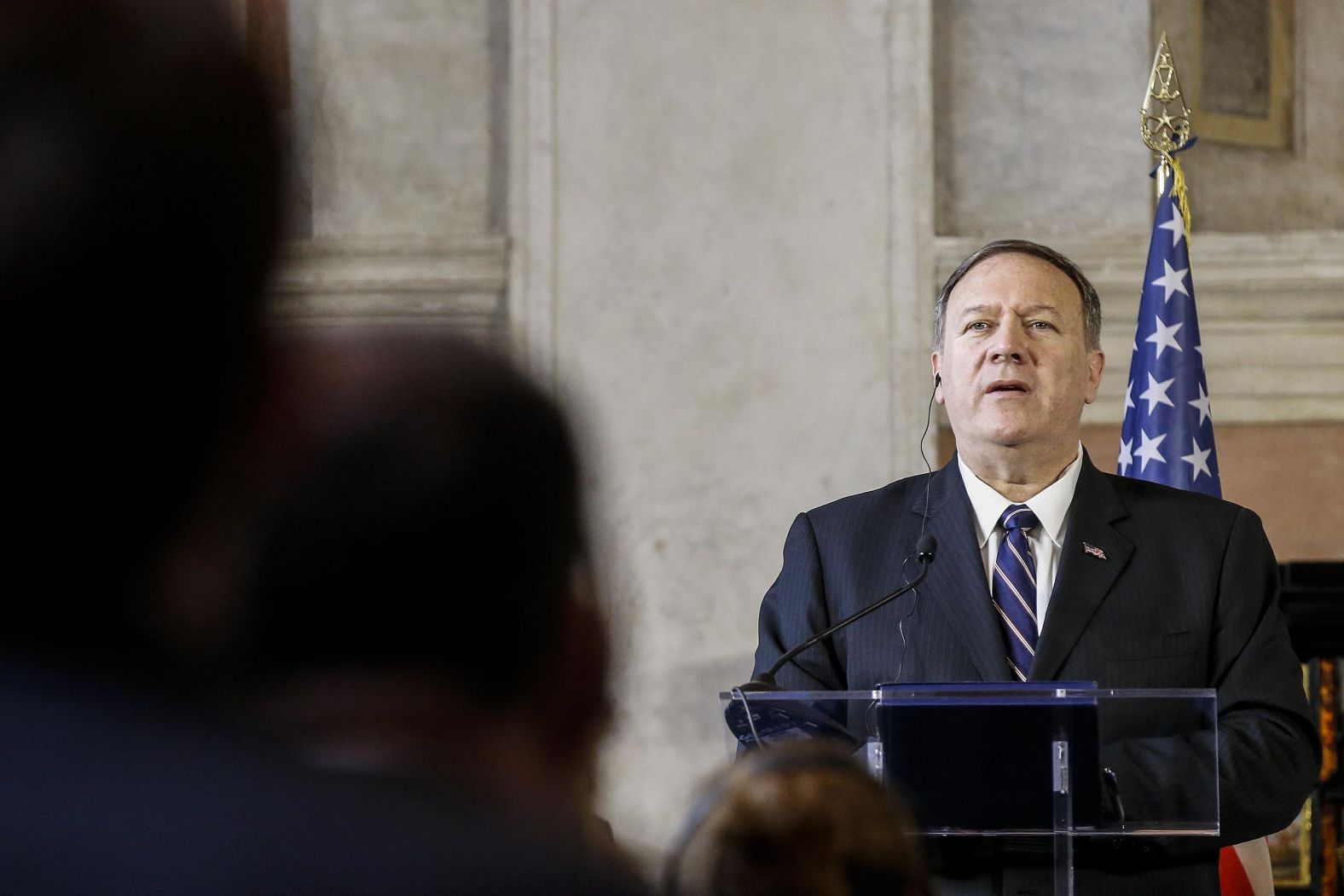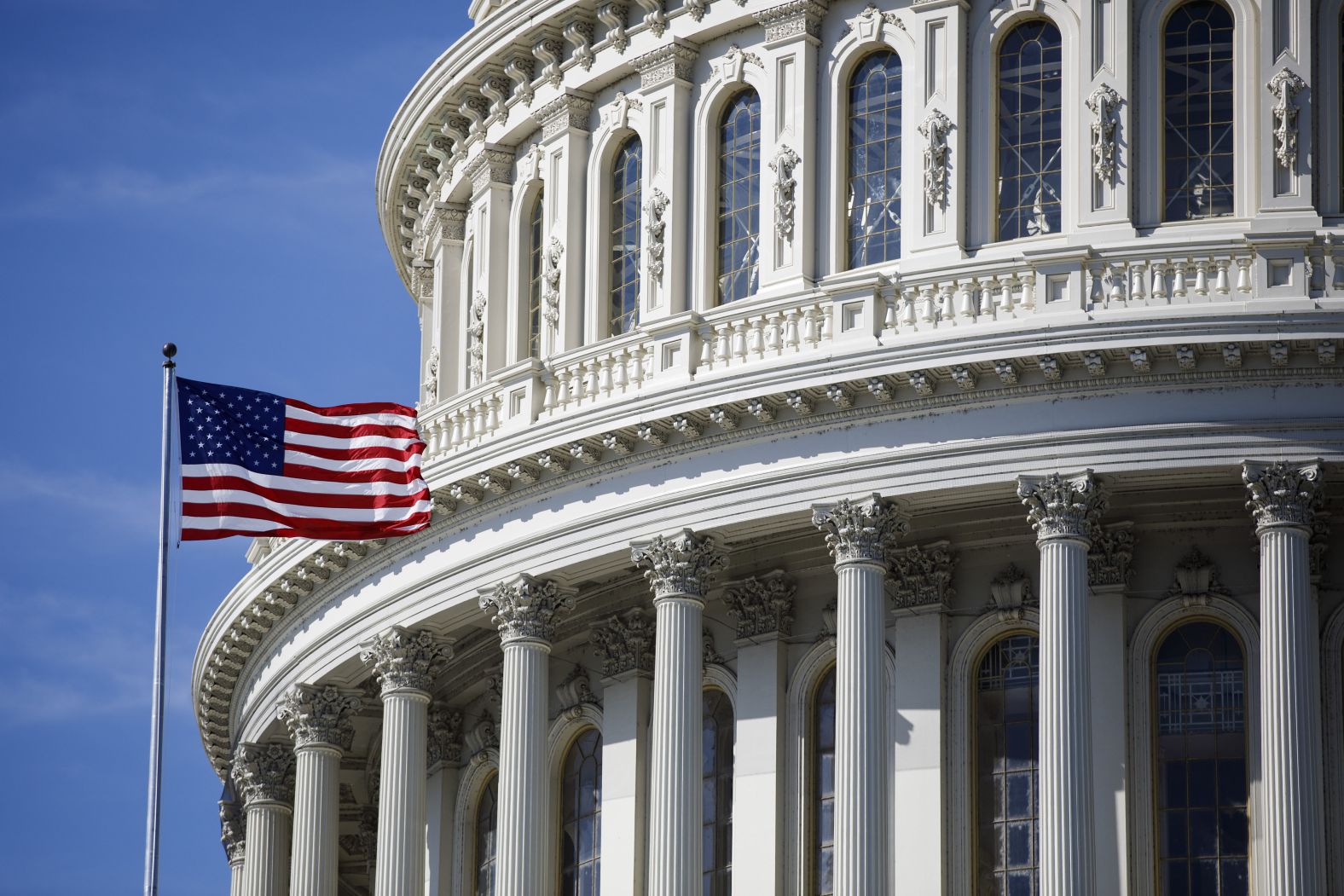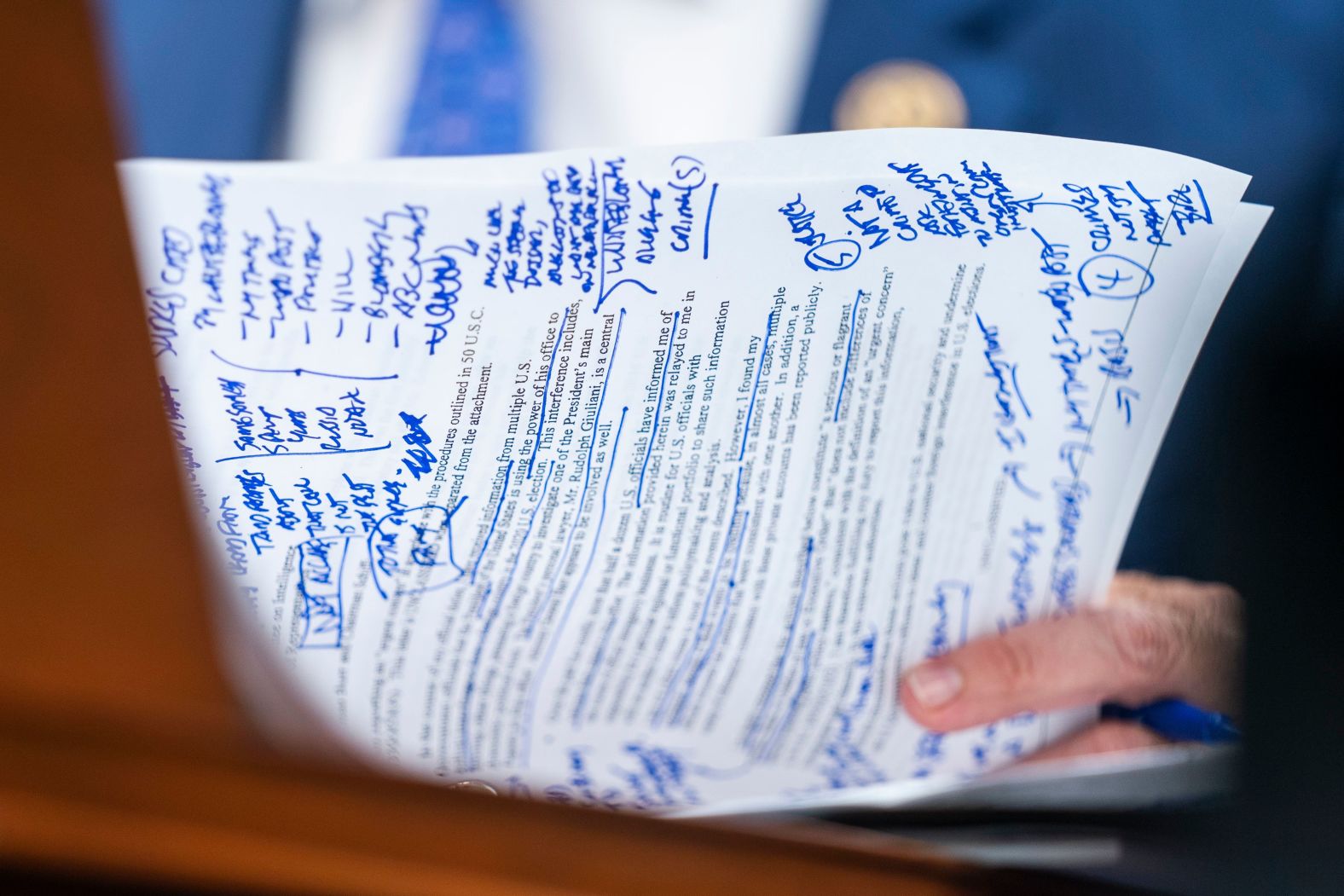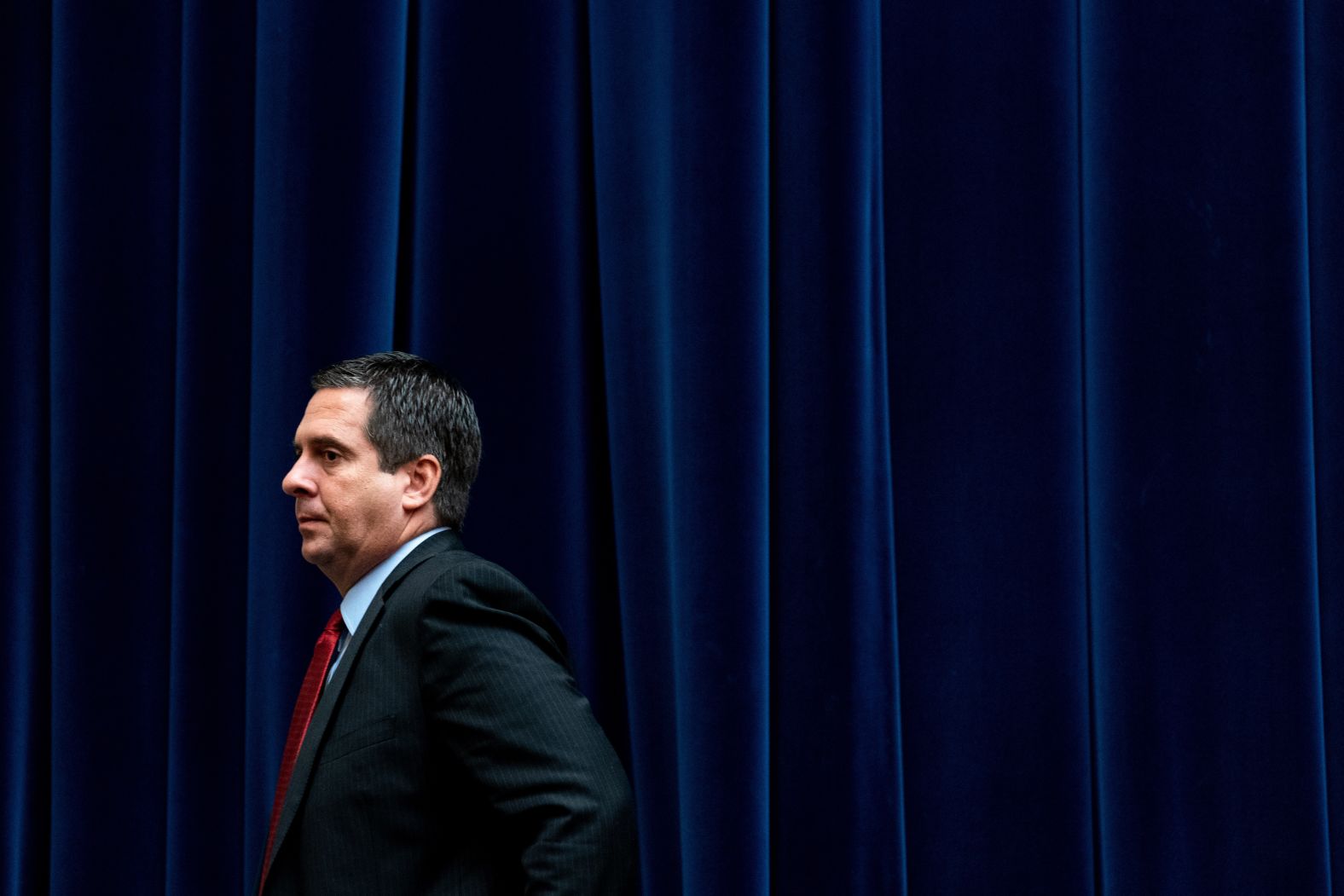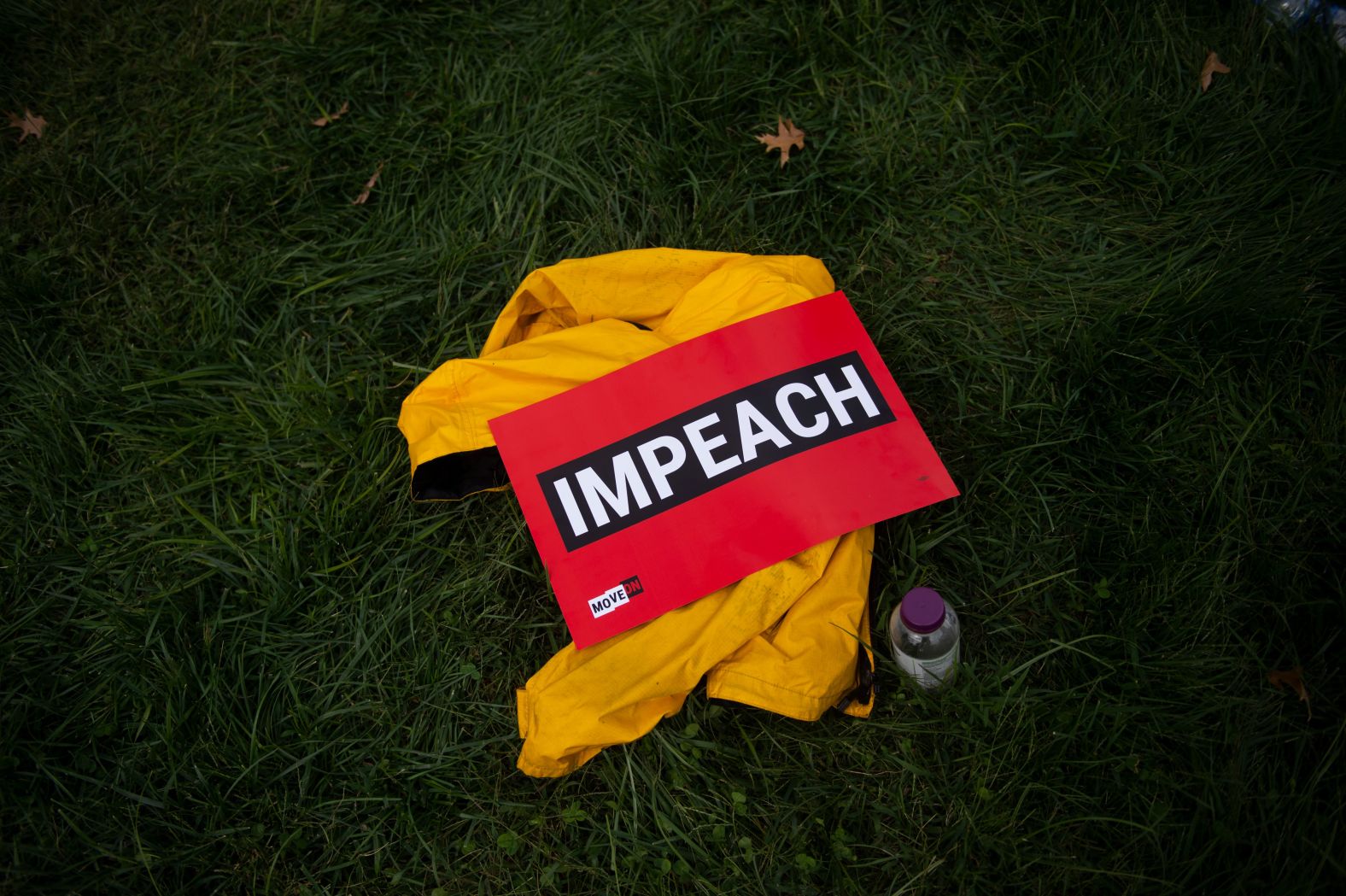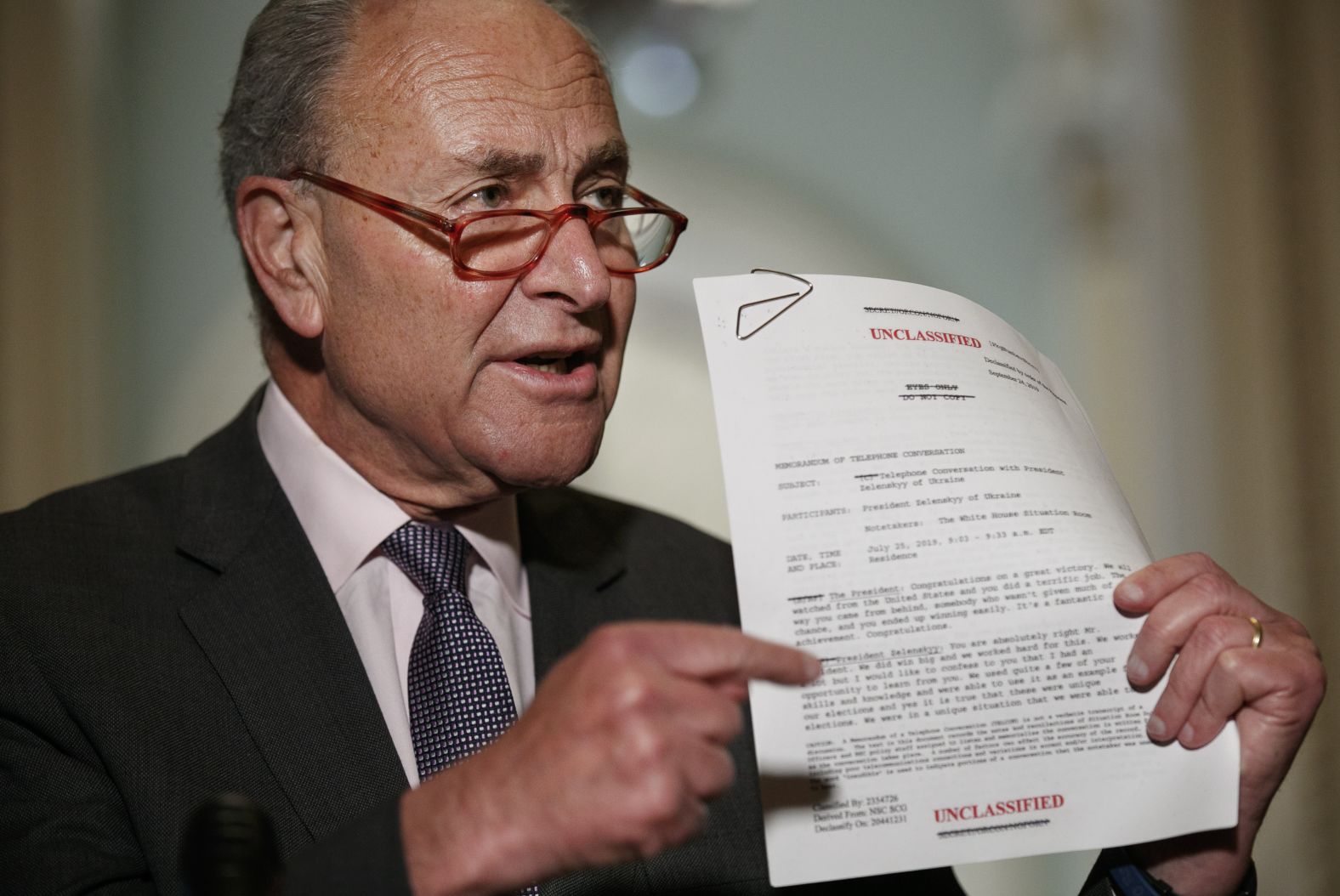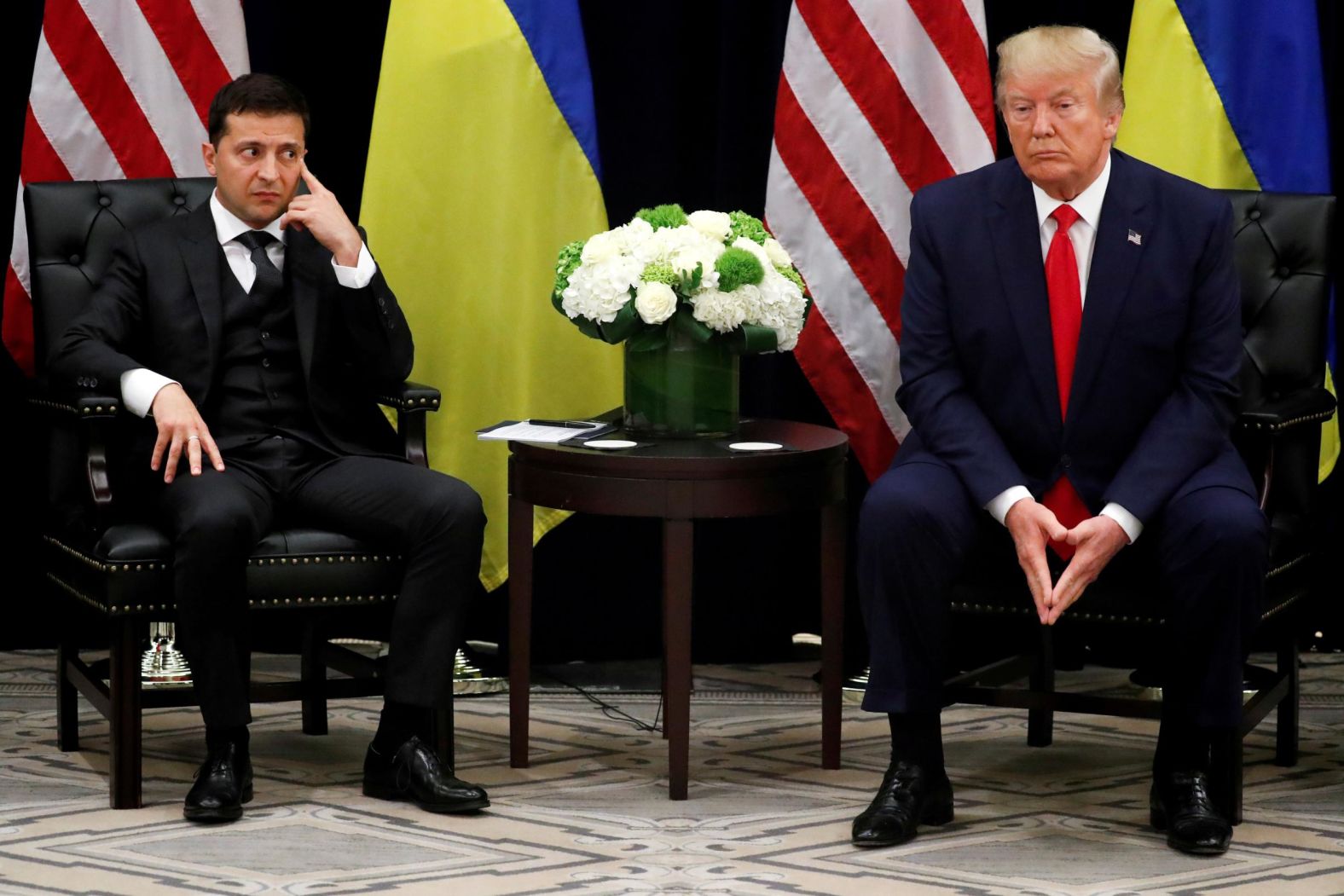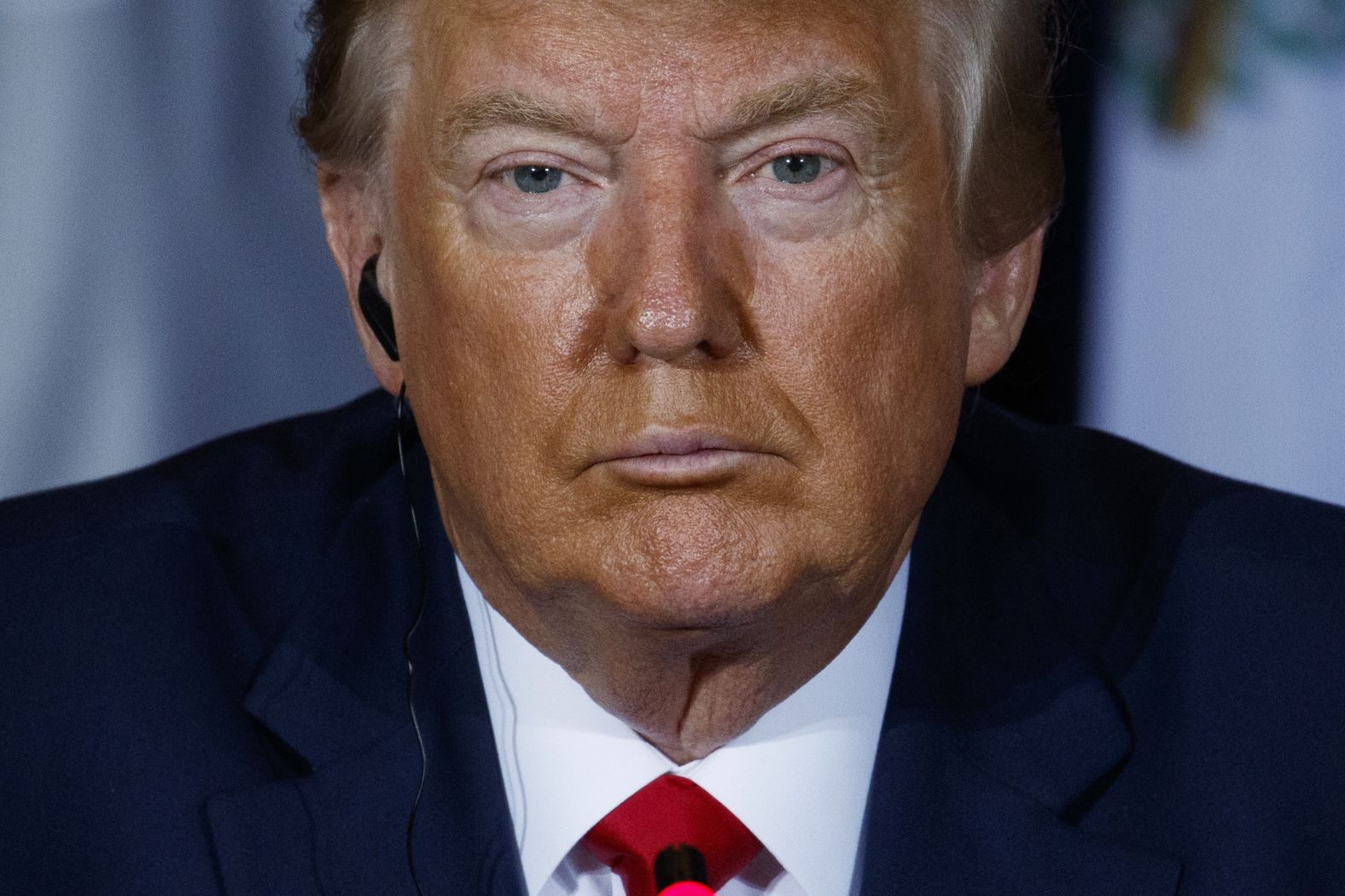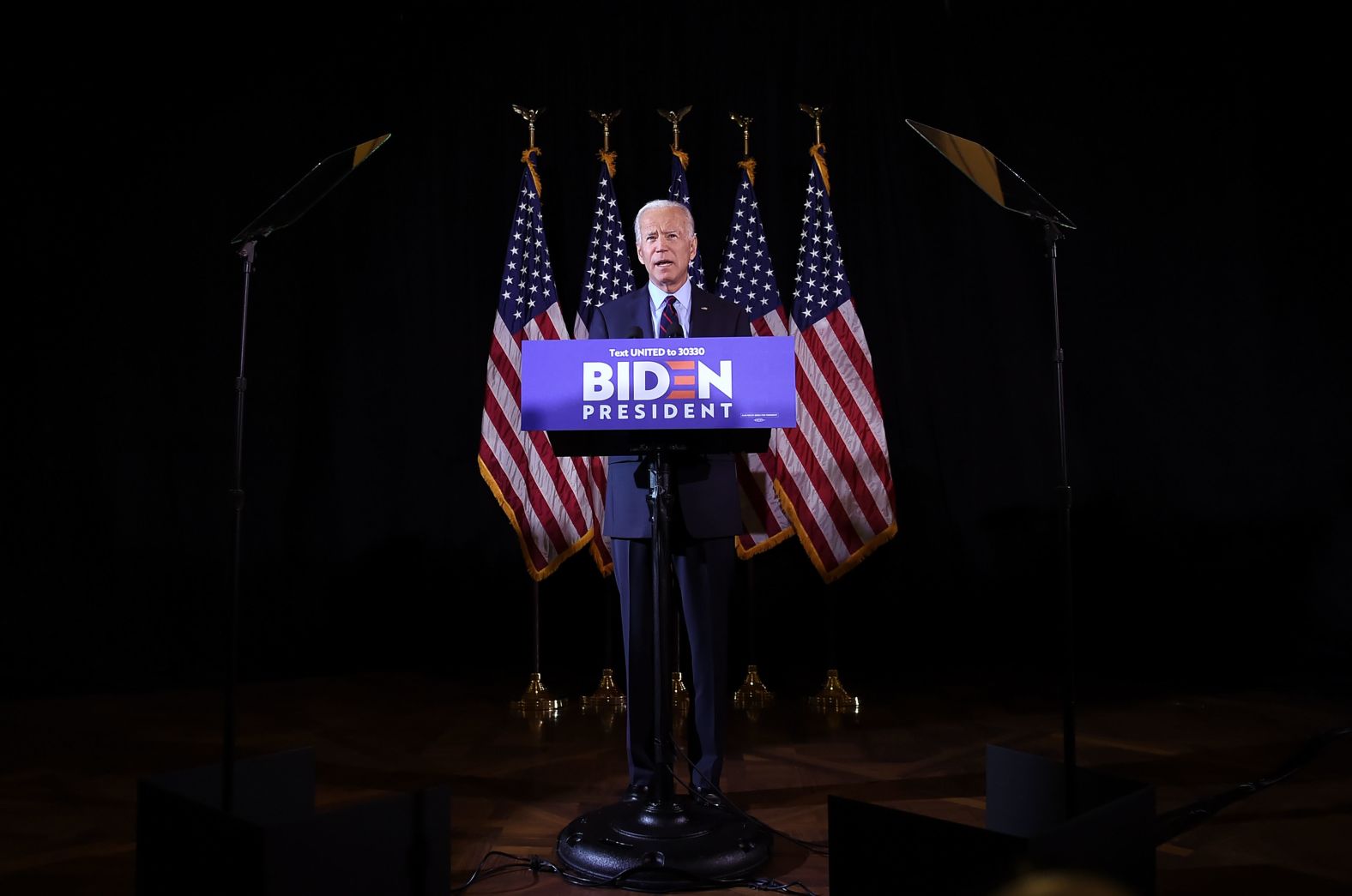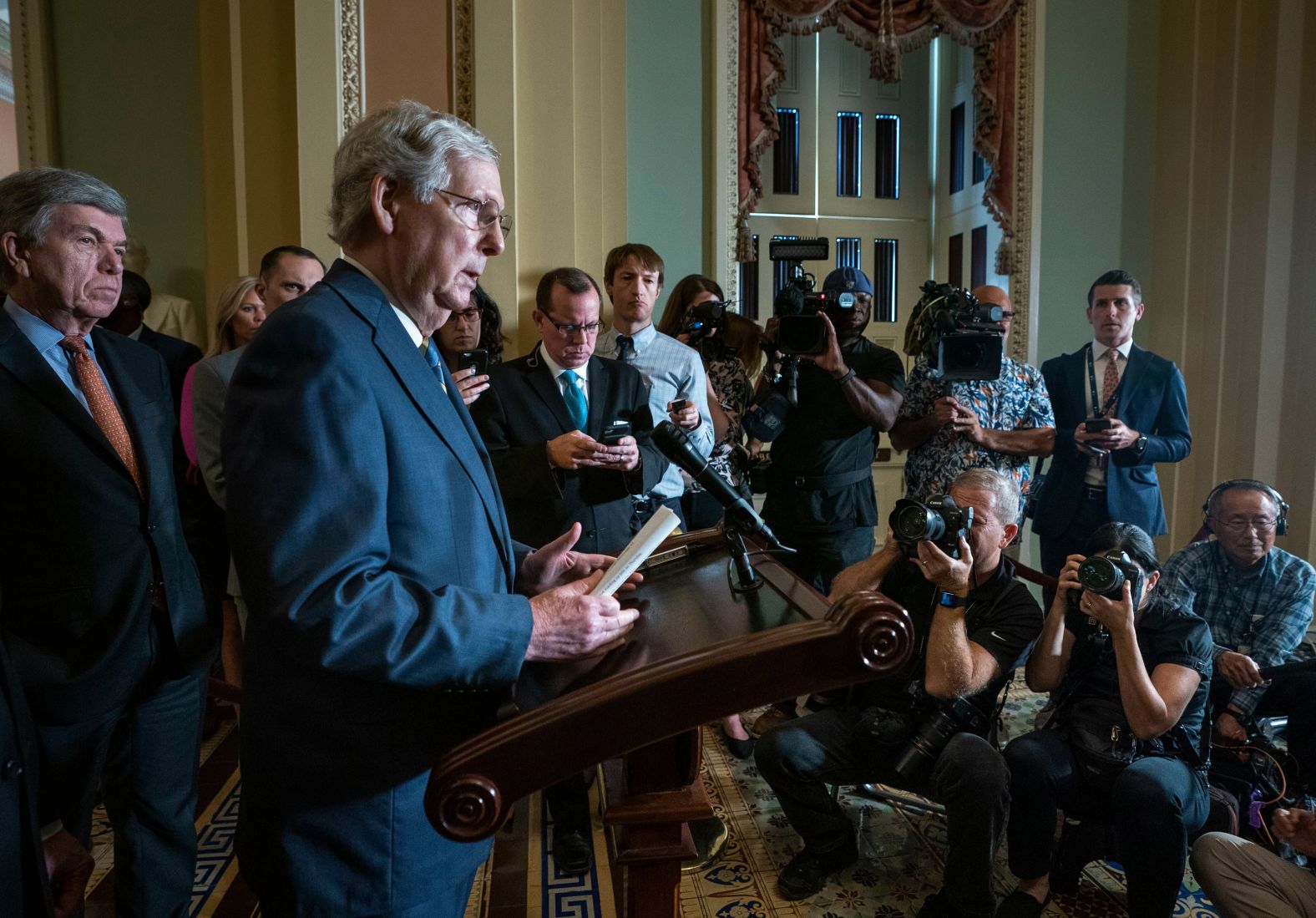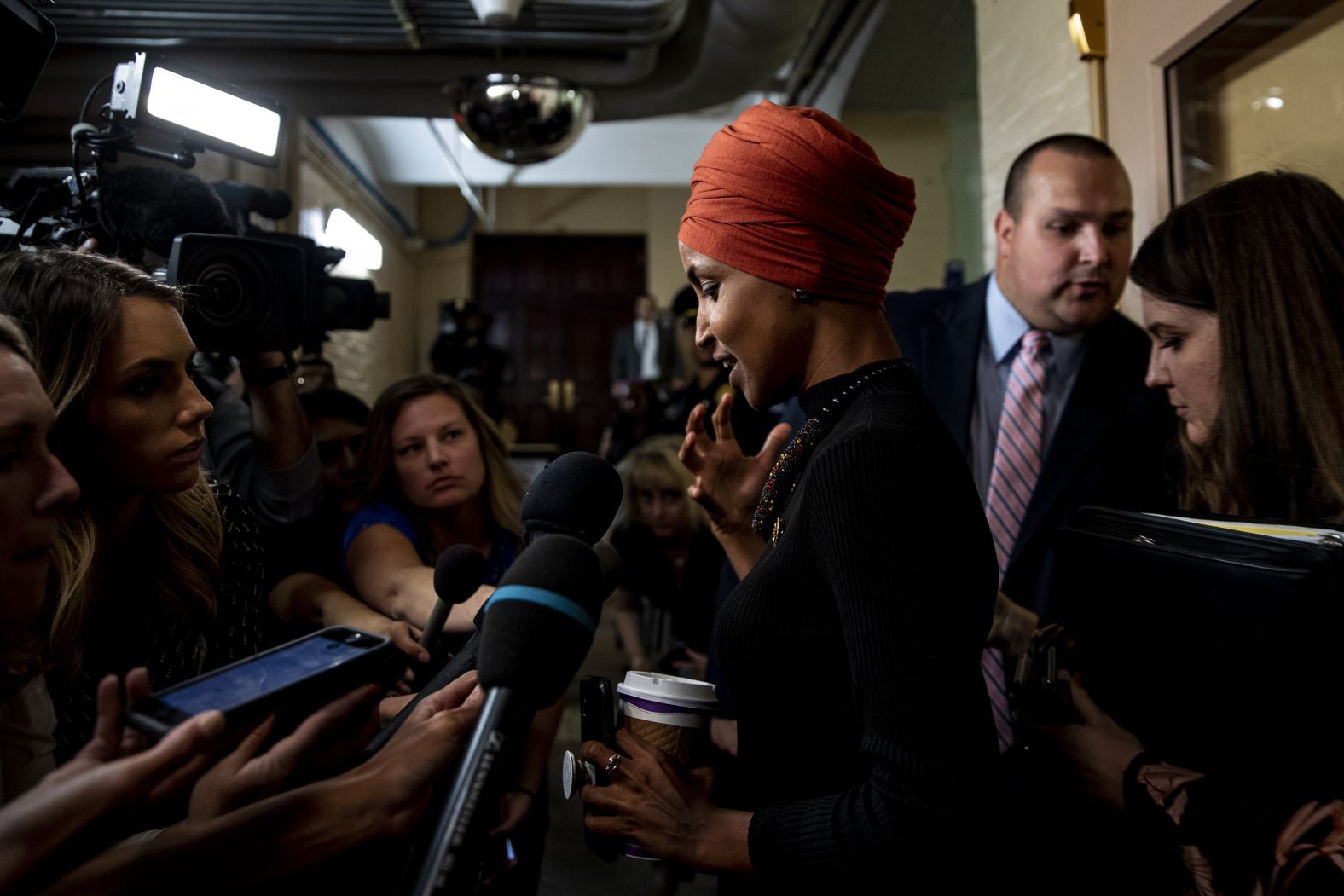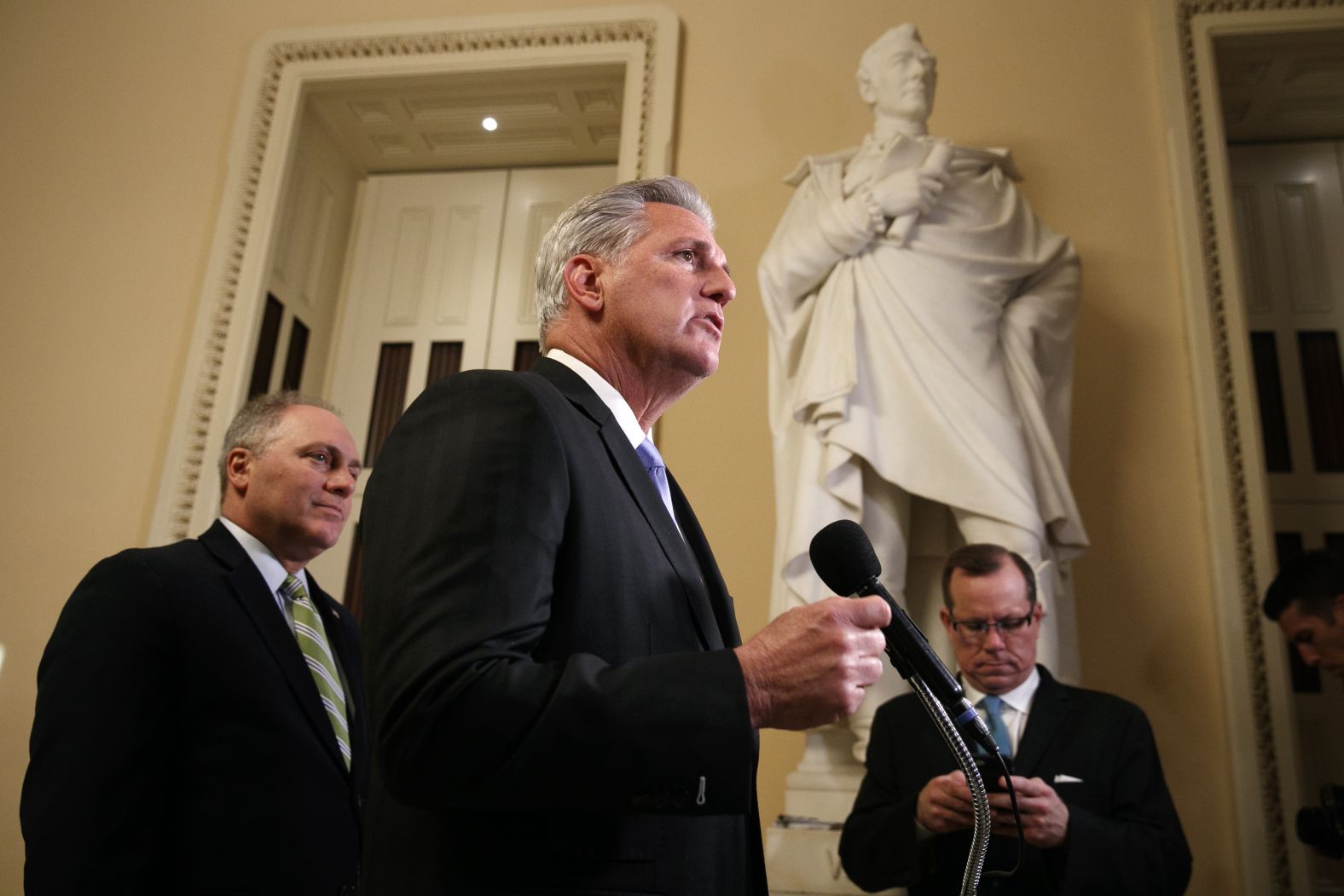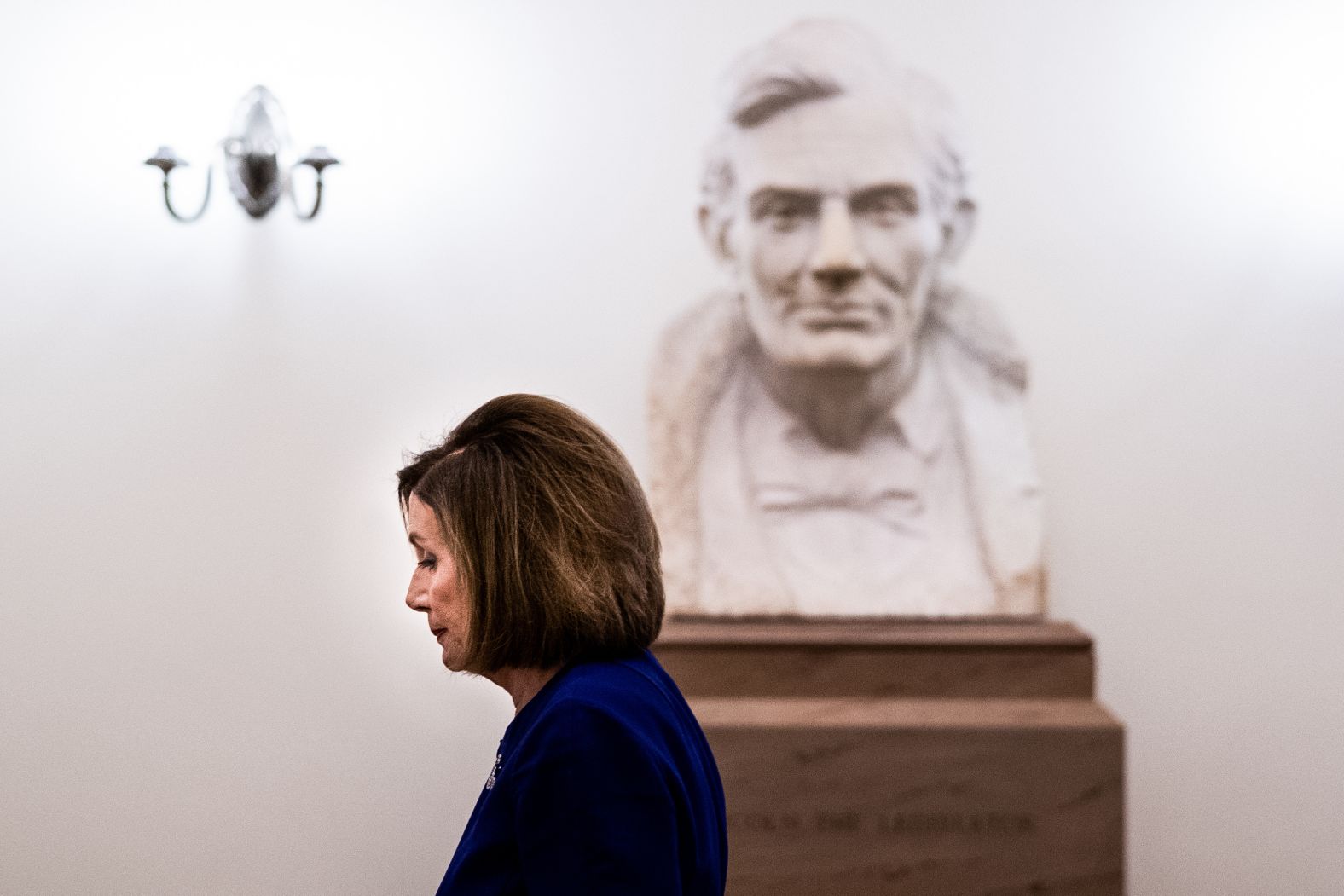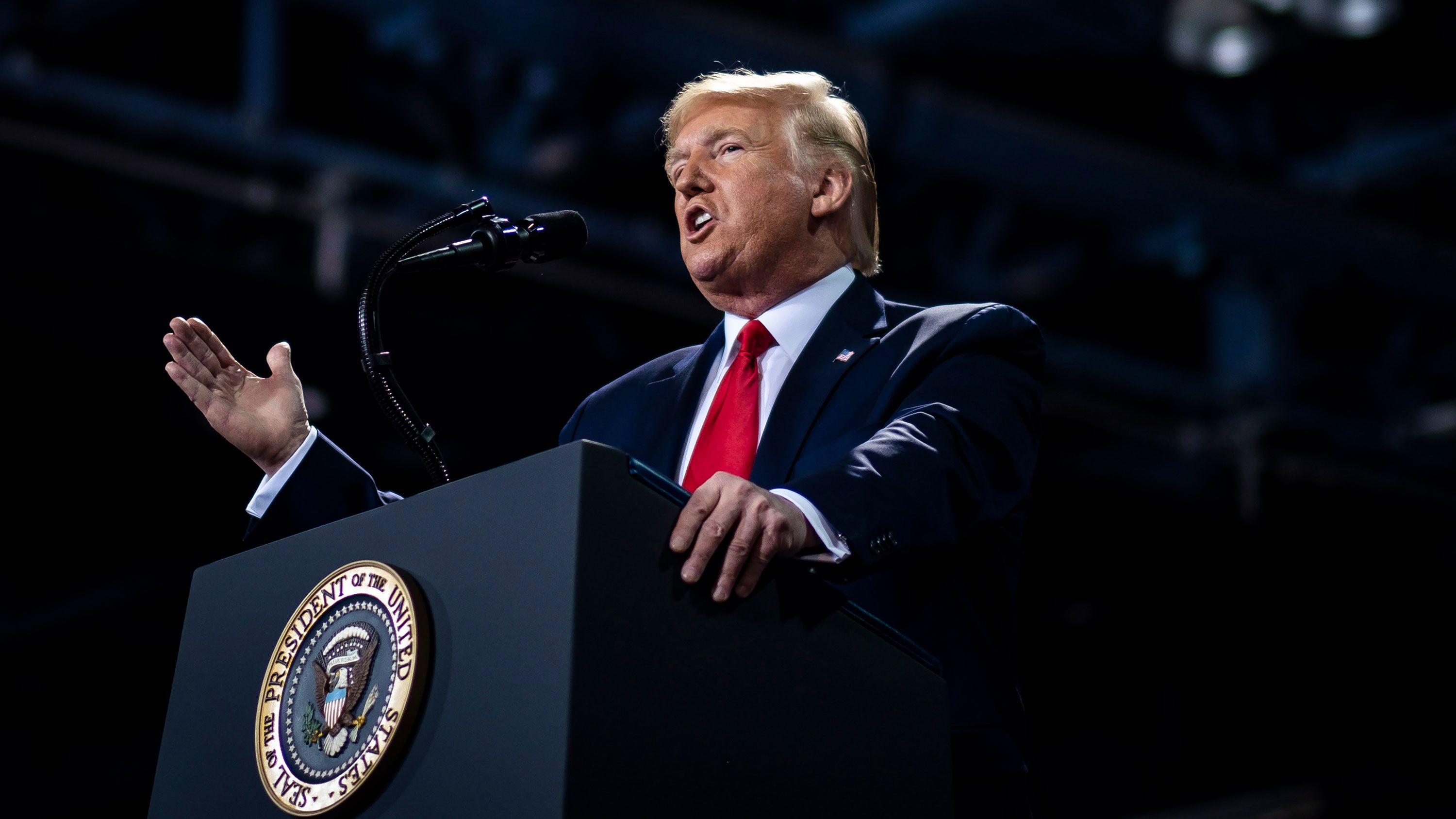President Donald Trump's July 25 phone call with the president of Ukraine was at the center of a whistleblower scandal that led to him becoming the third president in US history to be impeached.
According to a transcript of the call released by the White House, Trump repeatedly pushed for Ukrainian President Volodymyr Zelensky to investigate Joe Biden, a former vice president and potential 2020 political rival. He also asked Ukraine to investigate Biden's son, Hunter. The essence of Trump's argument is that Joe Biden was improperly trying to help Hunter, who served on the board of Ukrainian natural gas company Burisma, when Joe Biden pressured the Ukrainian government to fire the country's prosecutor general.
There is no evidence of wrongdoing by either Biden.
CNN confirmed that Trump ordered a hold on millions in military aid to Ukraine roughly one week before the call with Zelensky. Trump said he withheld the aid because he was waiting for European nations to contribute their fair share and that the delay wasn't related to the investigation request.
Trump has insisted he did nothing wrong in his phone call with Zelensky, saying there was "no pressure whatsoever." He has called the impeachment inquiry "the greatest hoax," lashing out at Democrats, the media and the anonymous whistleblower who submitted a complaint to the intelligence inspector general.
On December 18, the House of Representatives voted almost entirely along party lines — 230-197-1 — to charge Trump with abuse of power, and it followed it up with a 229-198-1 vote to charge Trump with obstruction of Congress.
After that, the articles went to the Senate for an impeachment trial.
On February 5, the Republican-controlled Congress acquitted Trump on both articles of impeachment. The vote was 52-48 on abuse of power, with Republican Sen. Mitt Romney joining the 47 Democrats in voting guilty. All 53 Republican senators voted not guilty on obstruction of justice.
